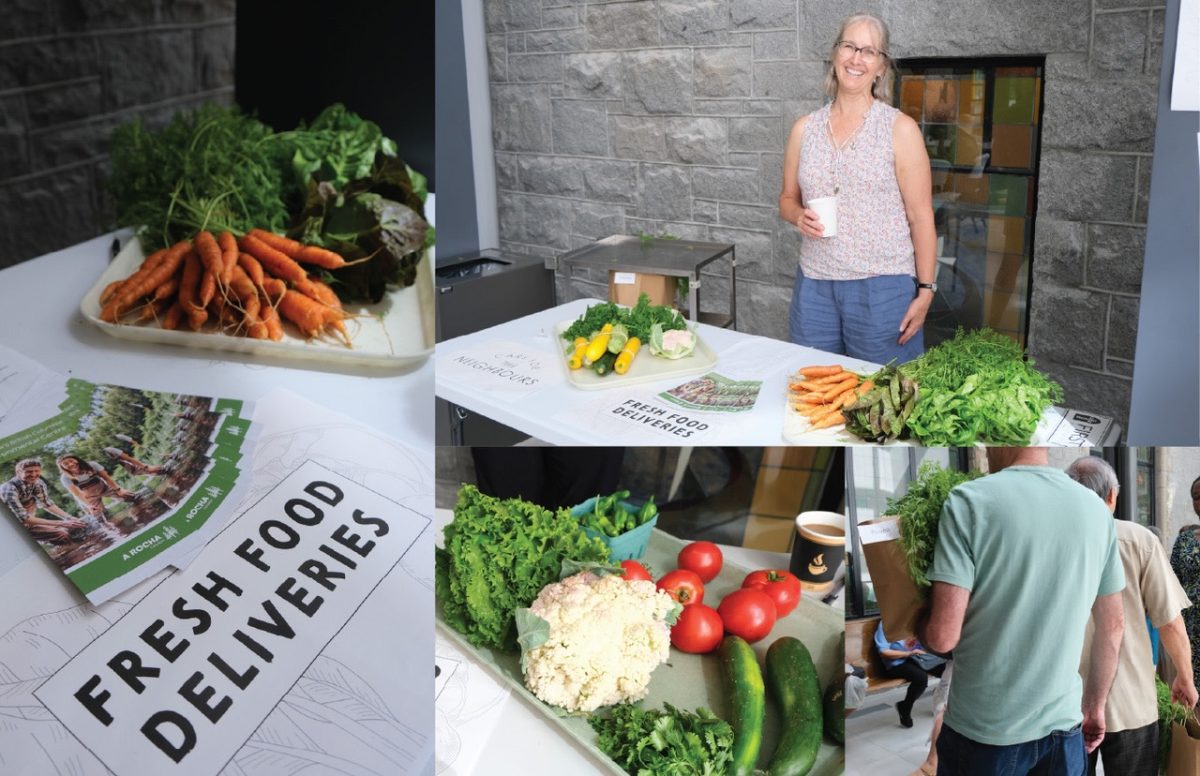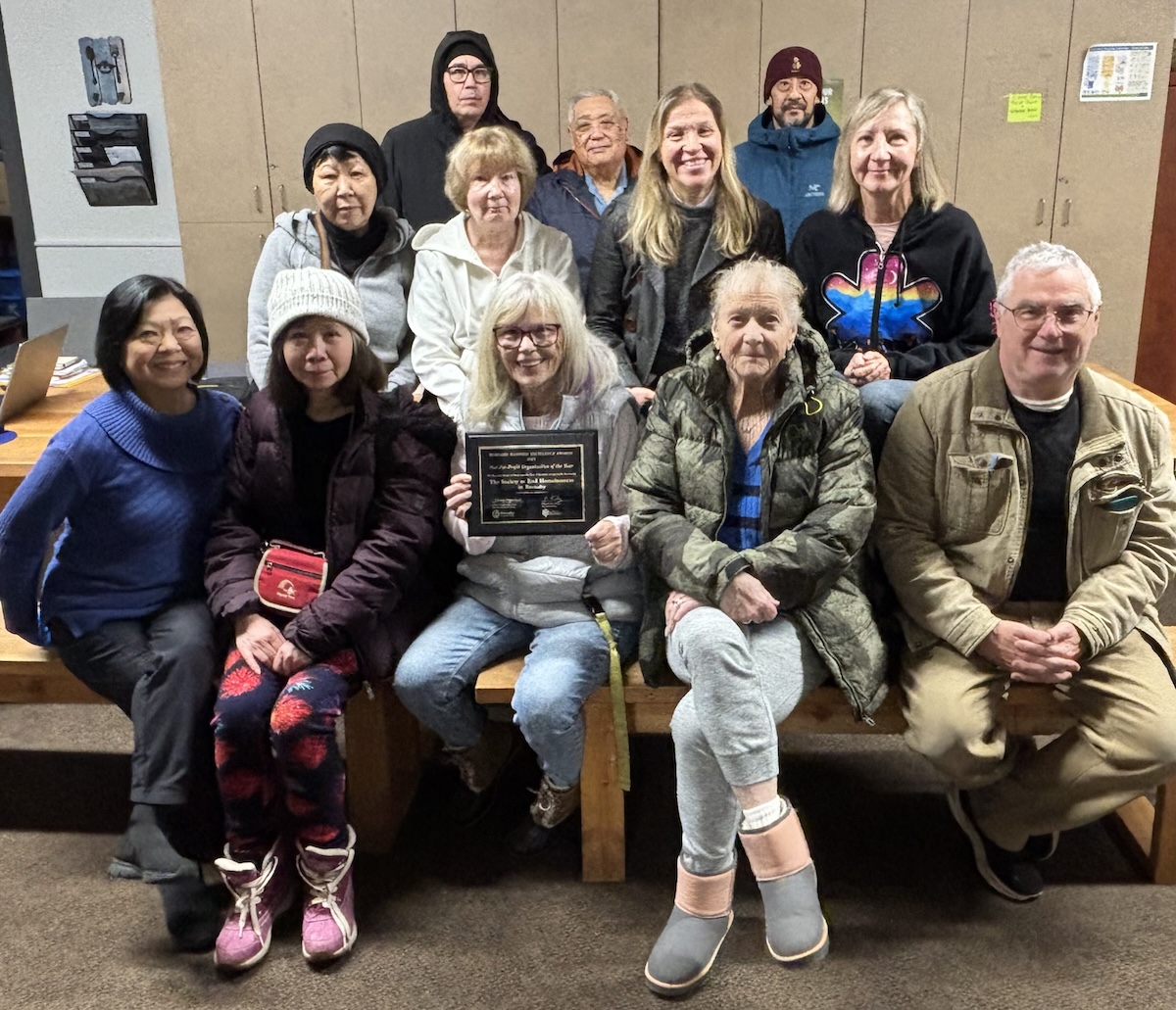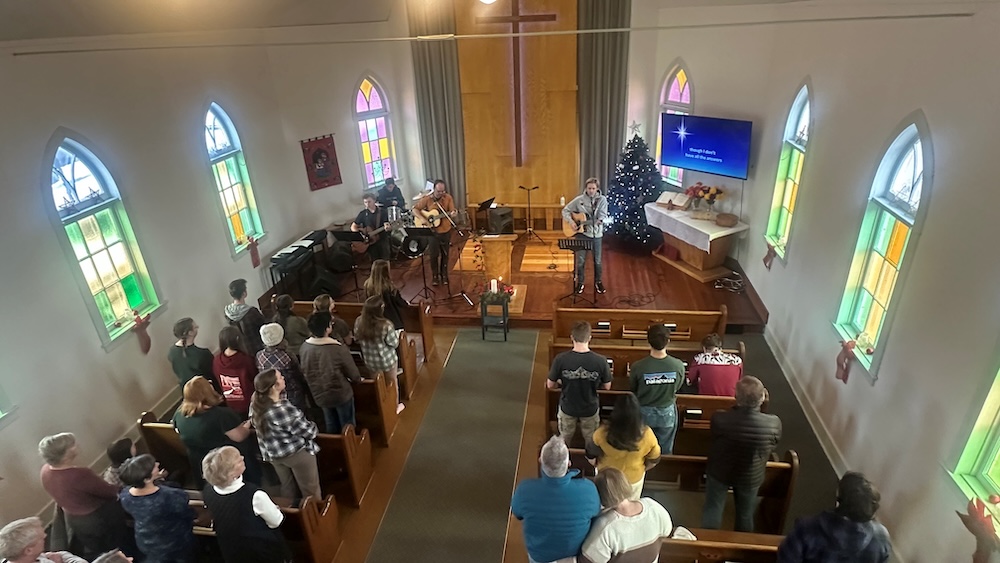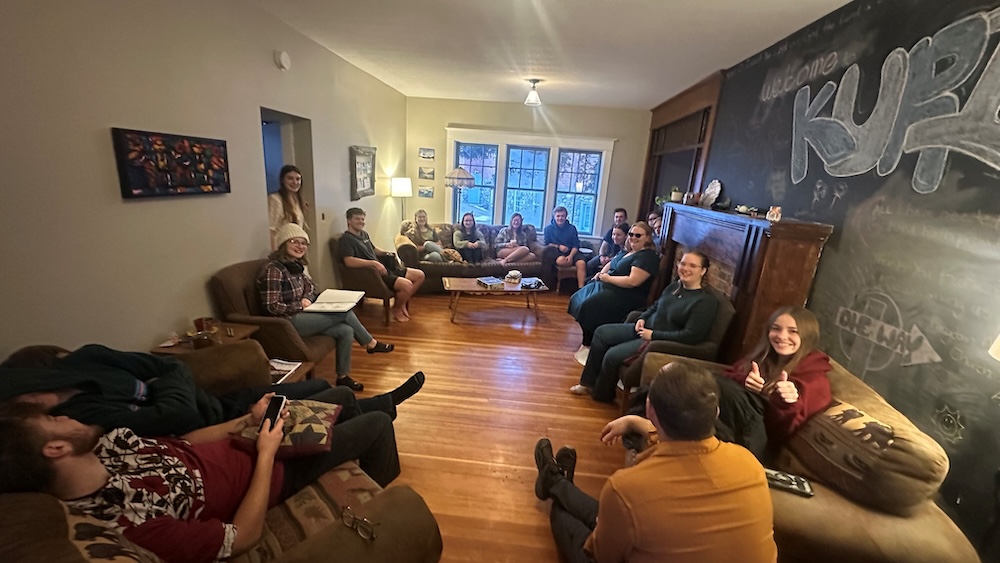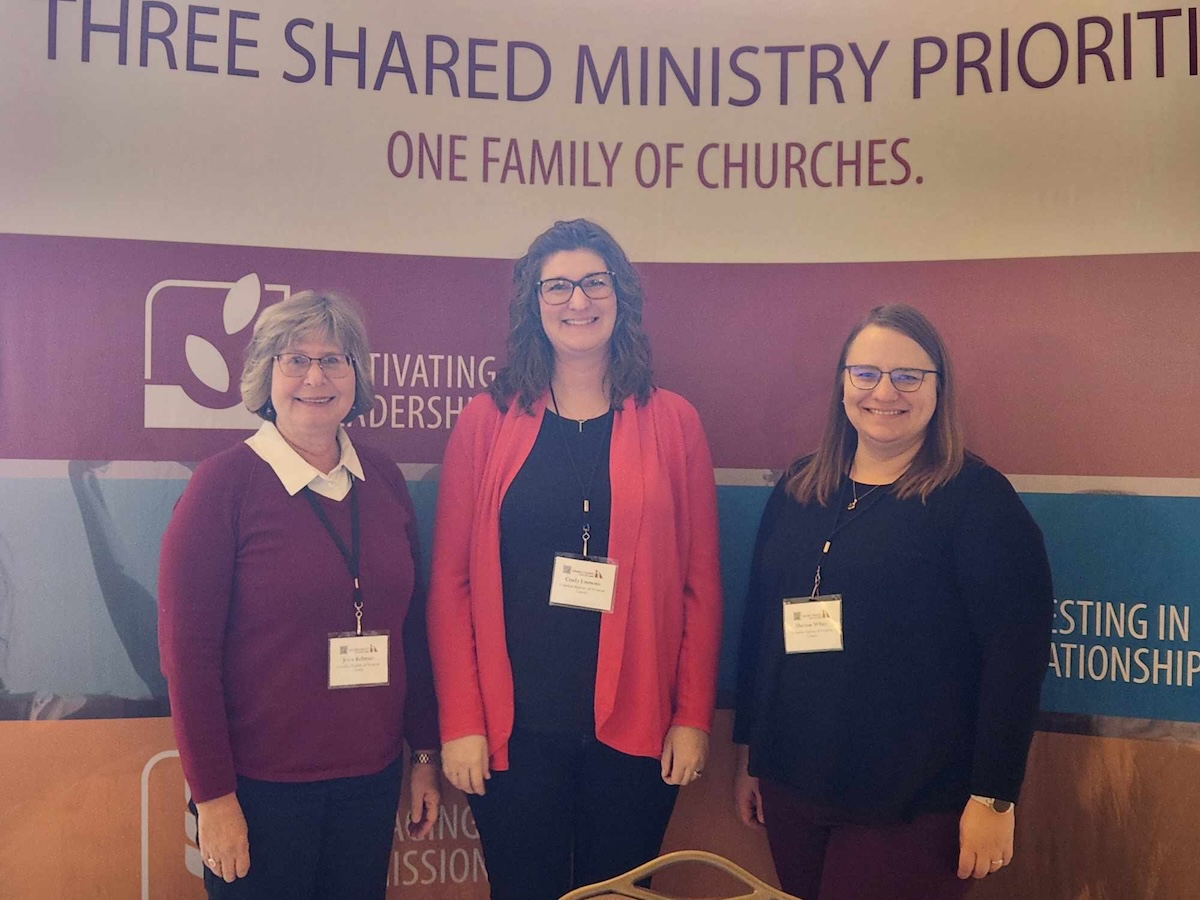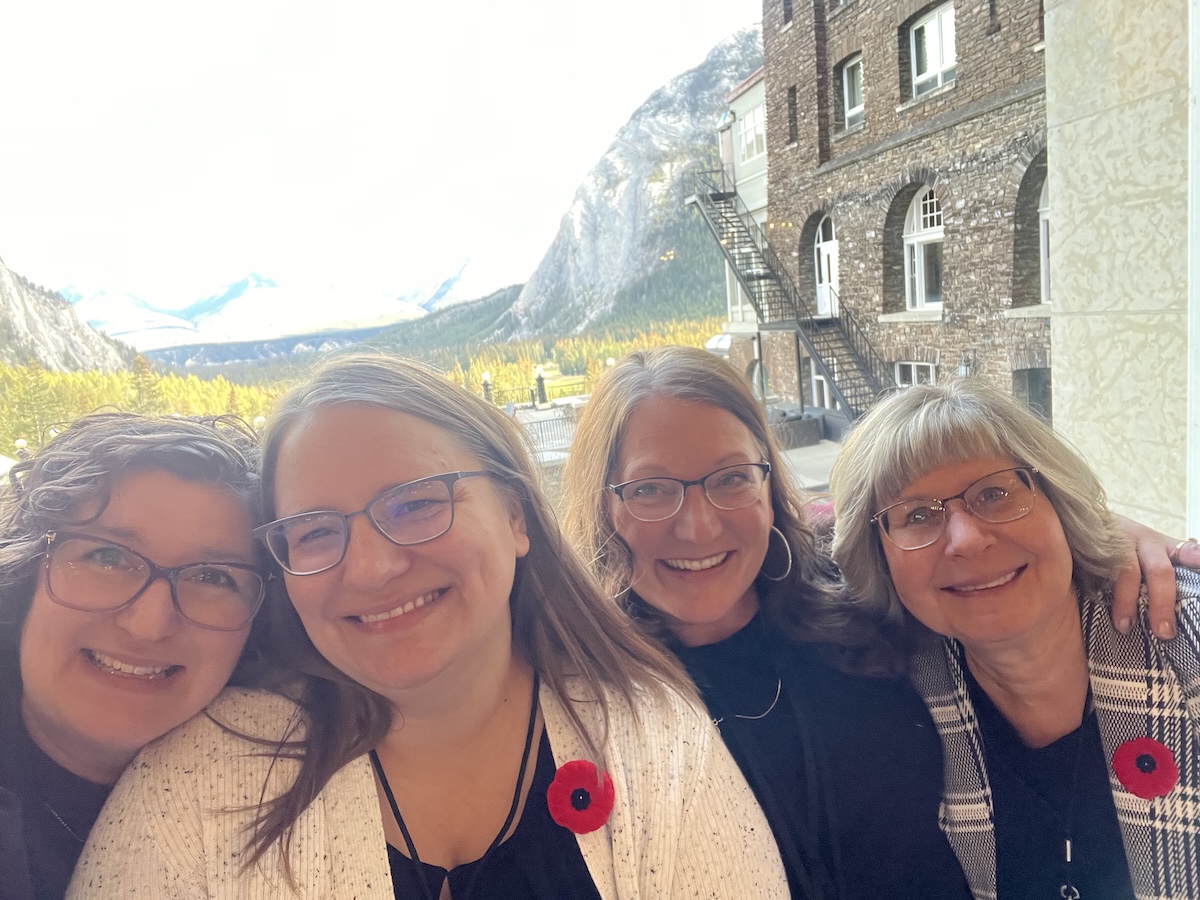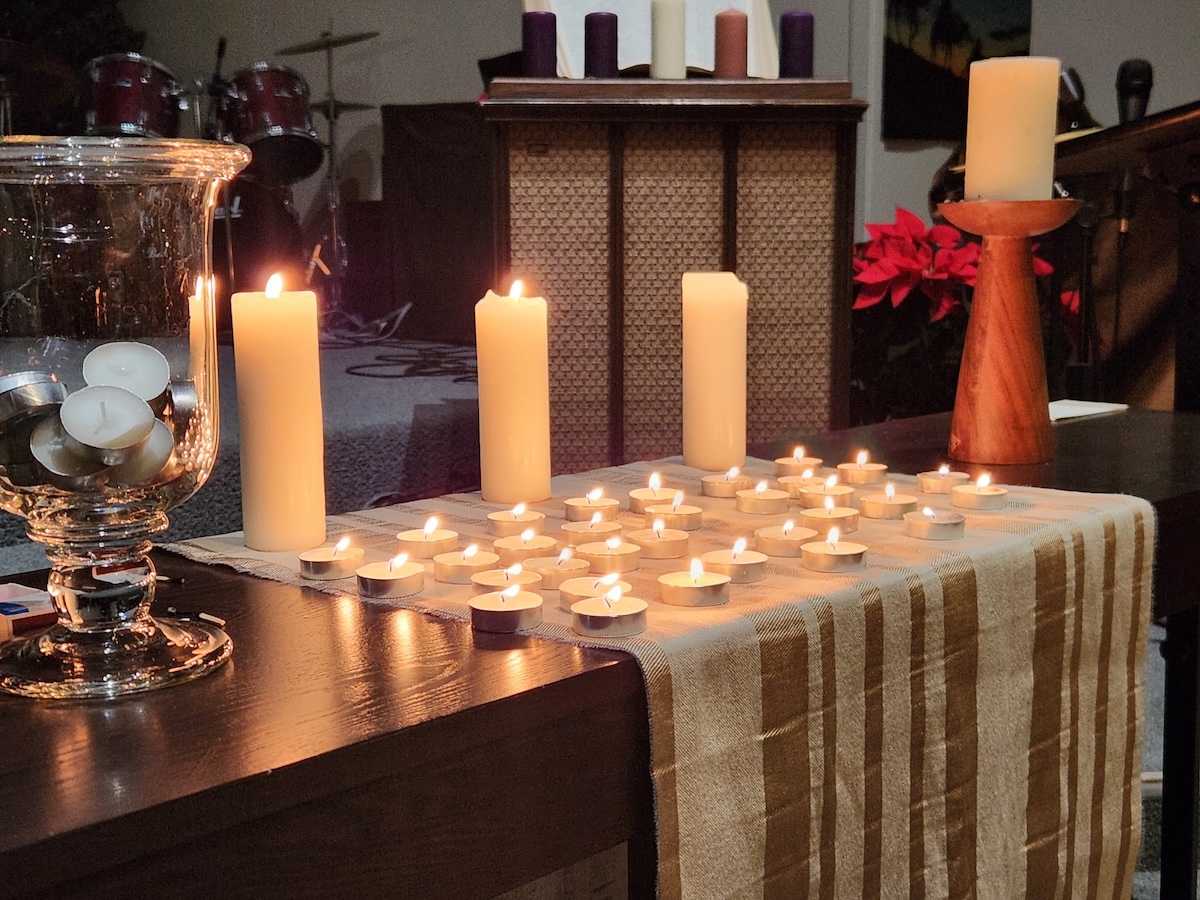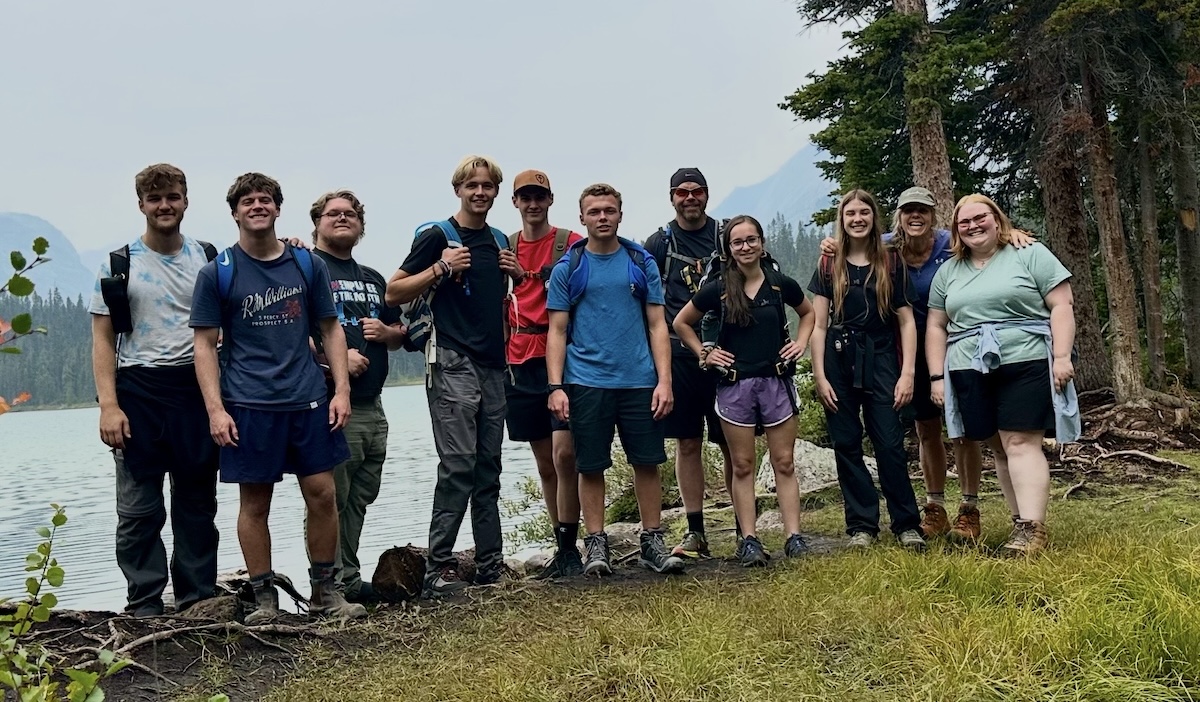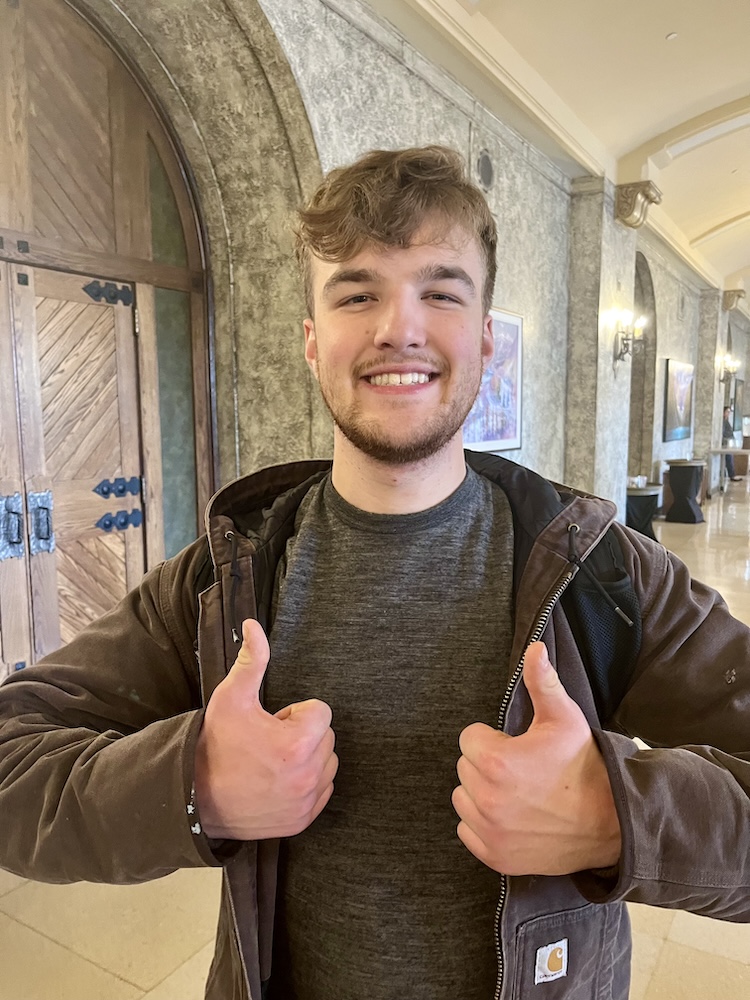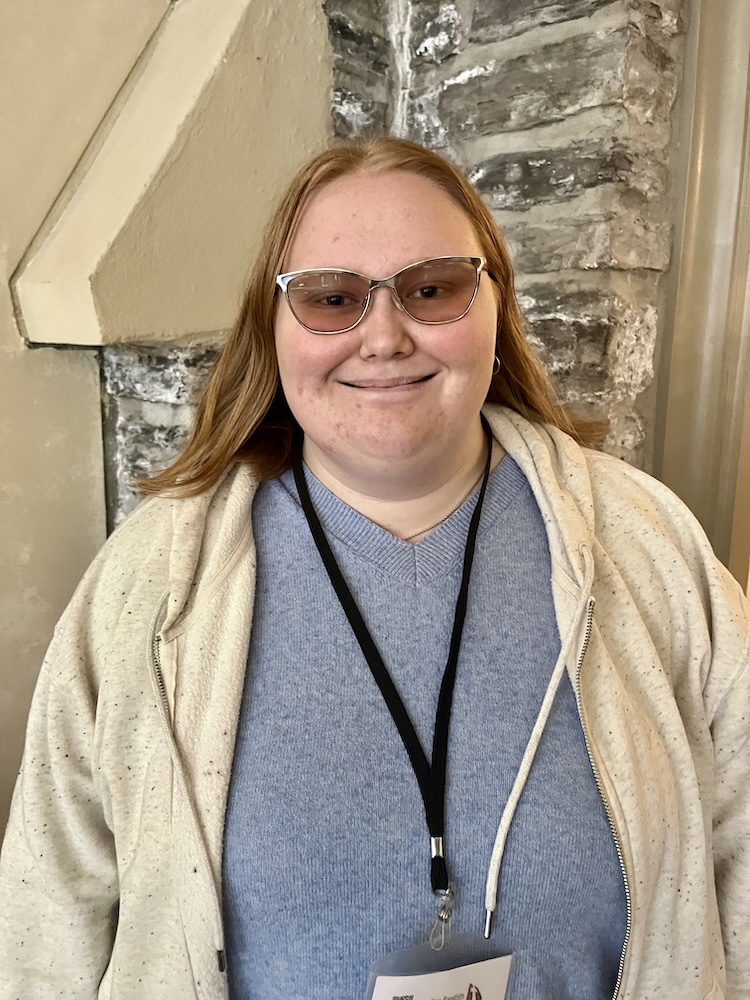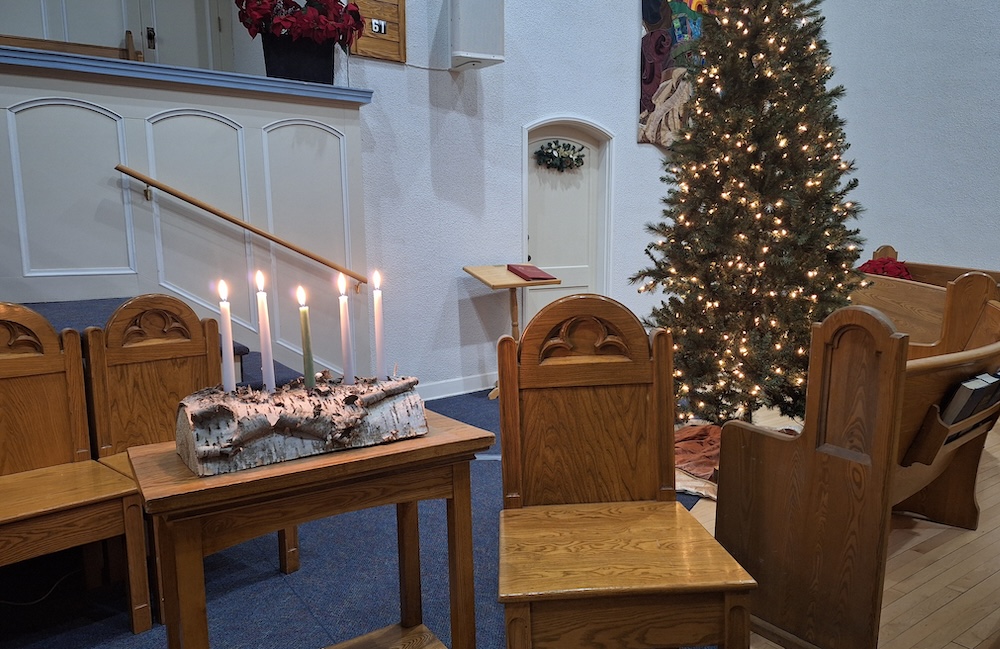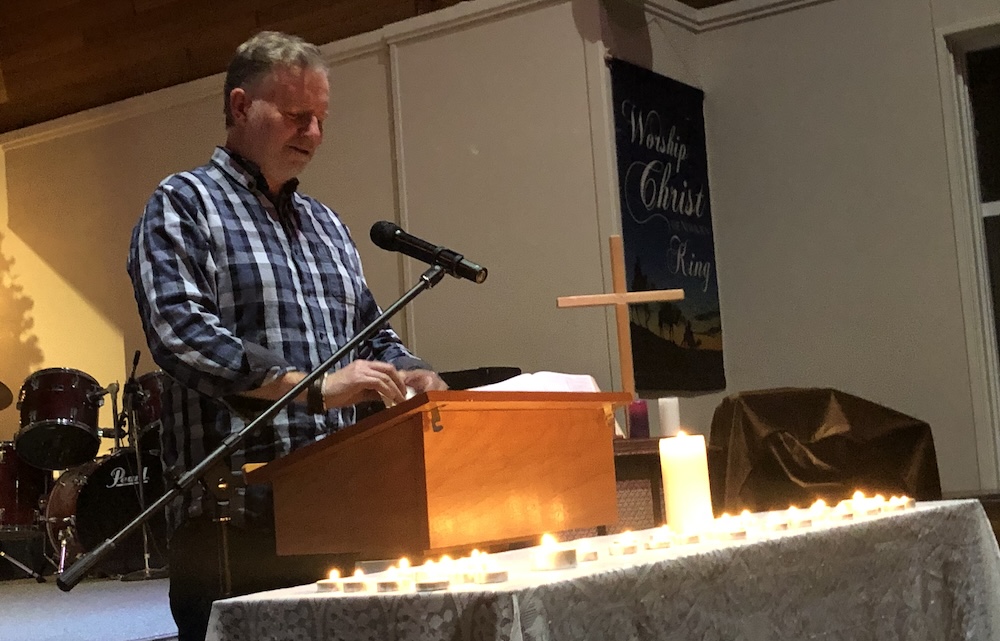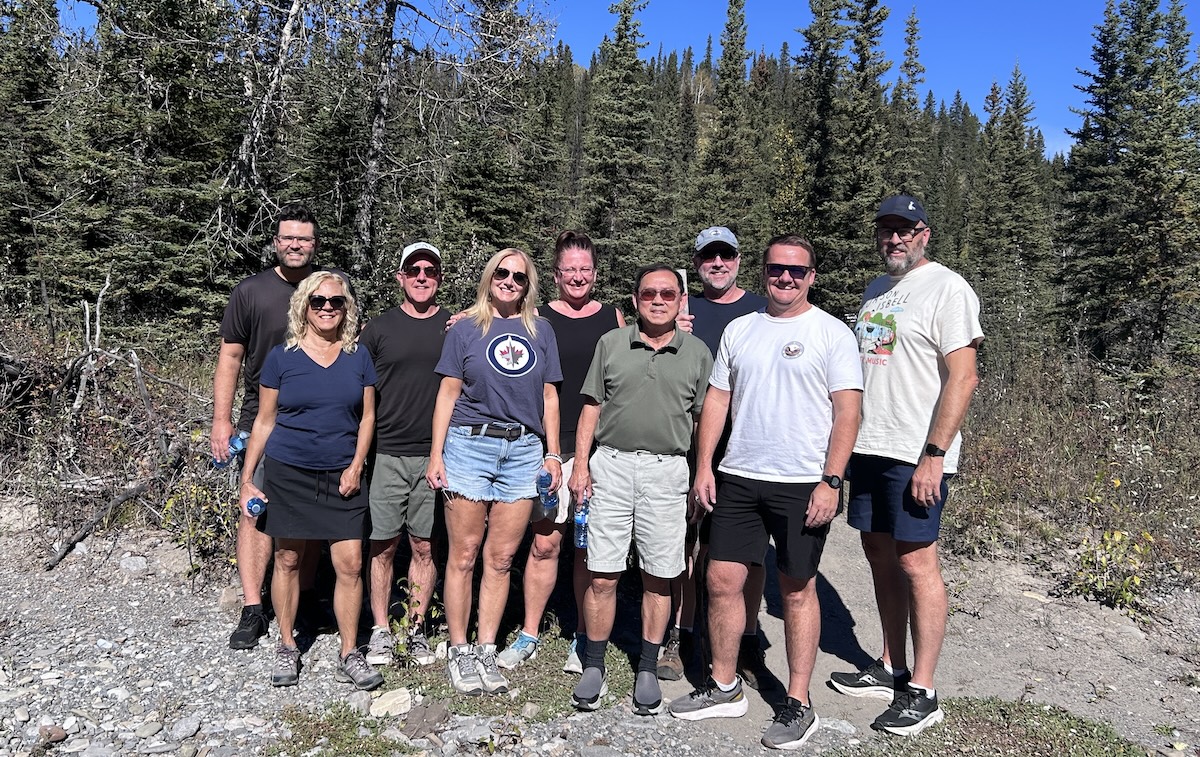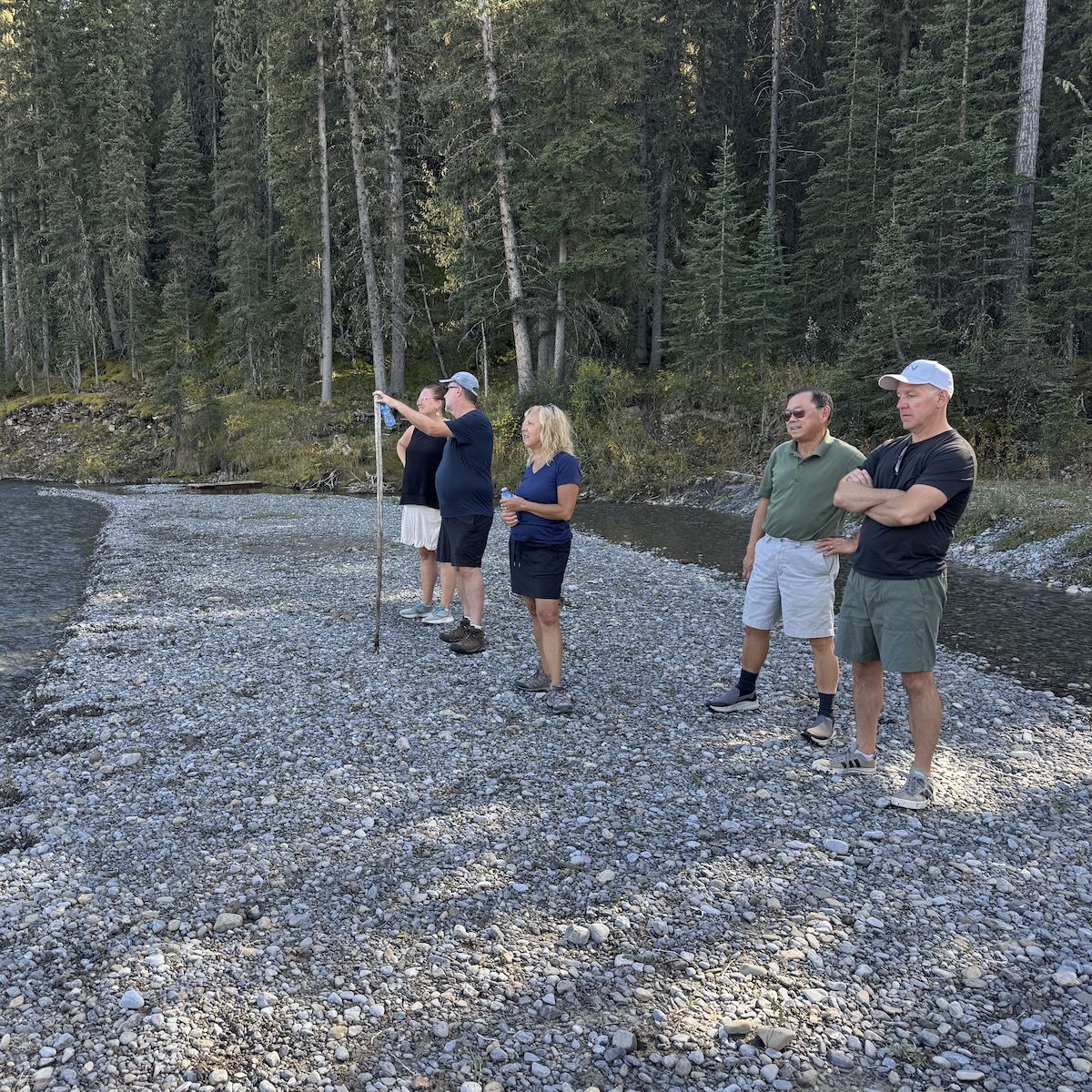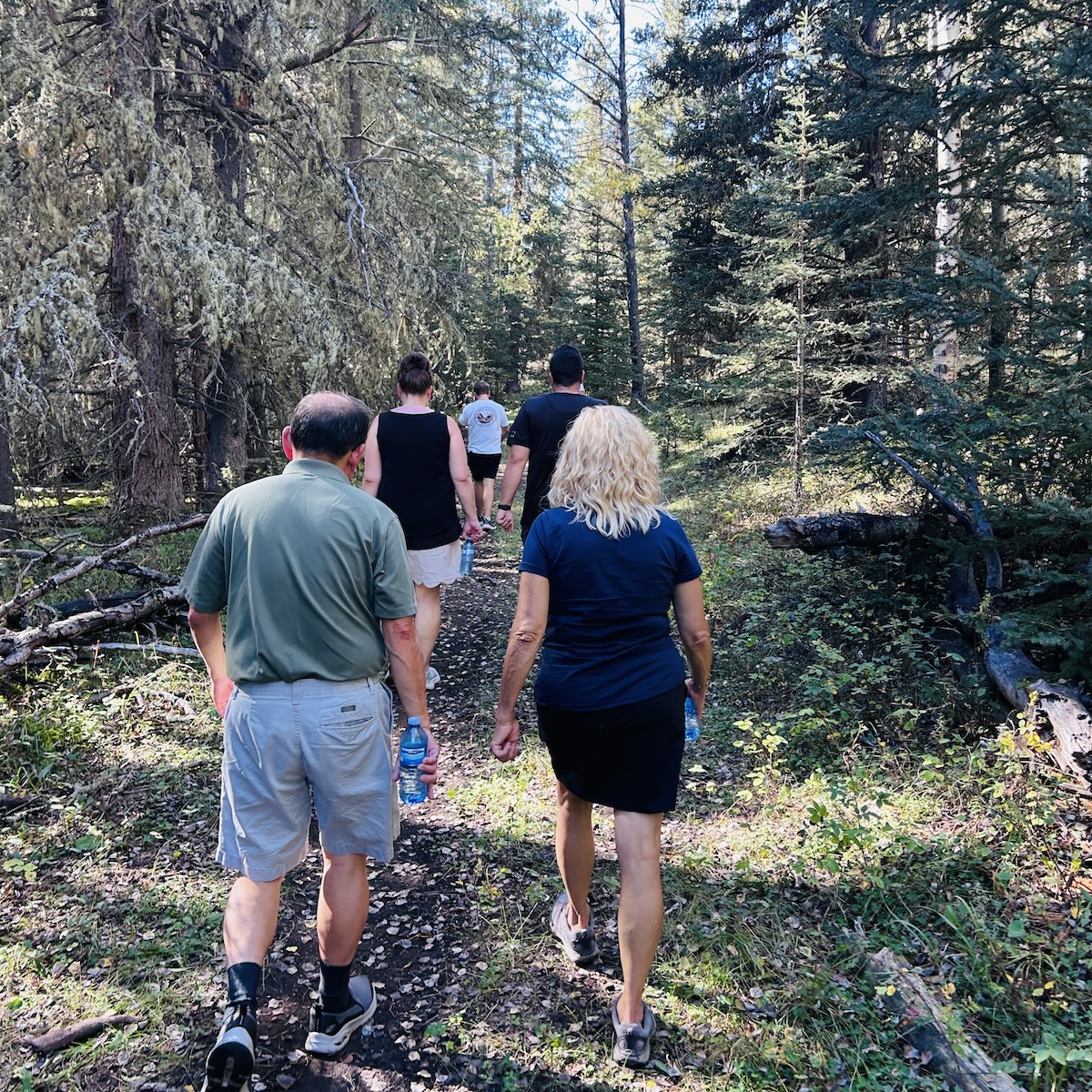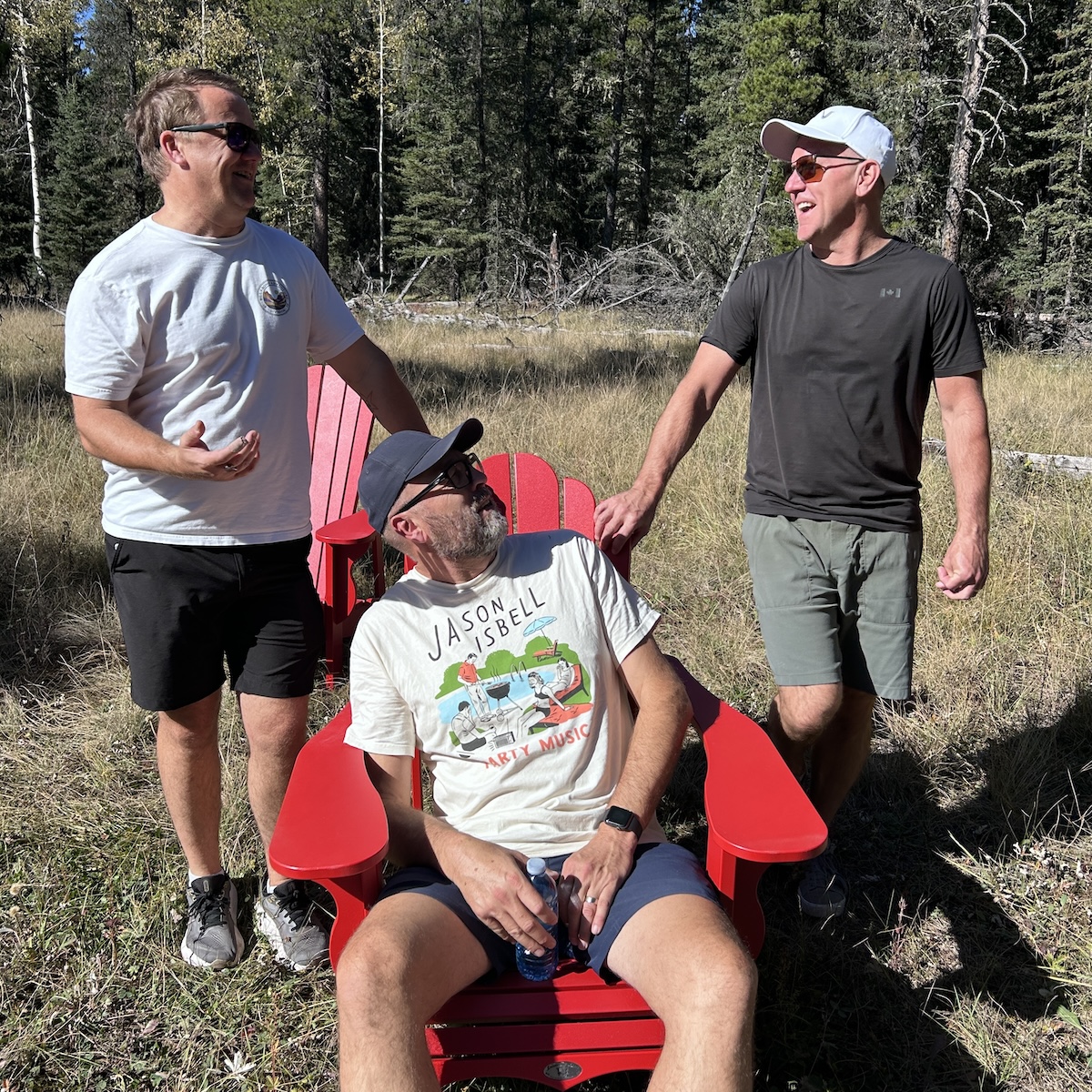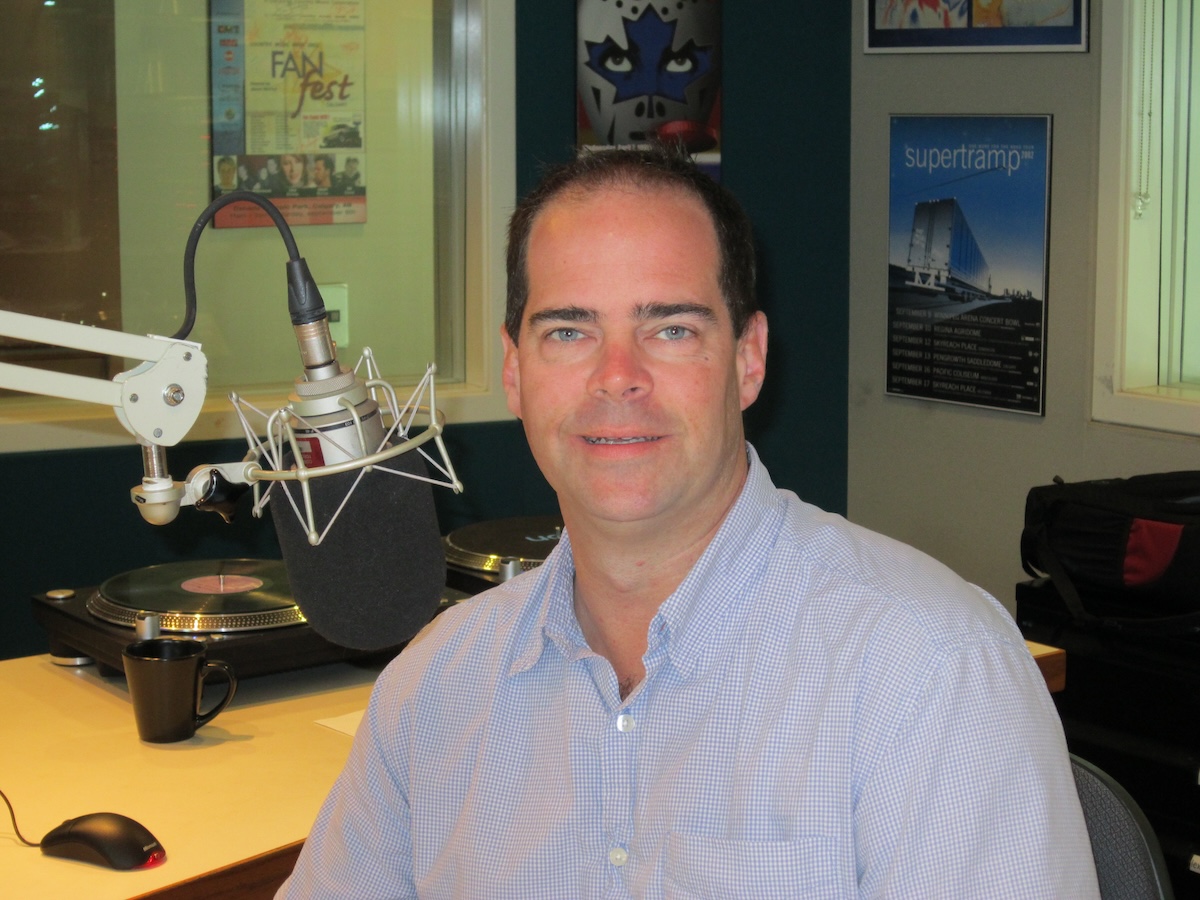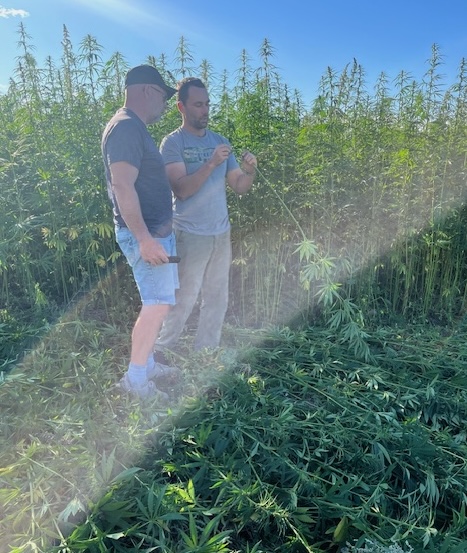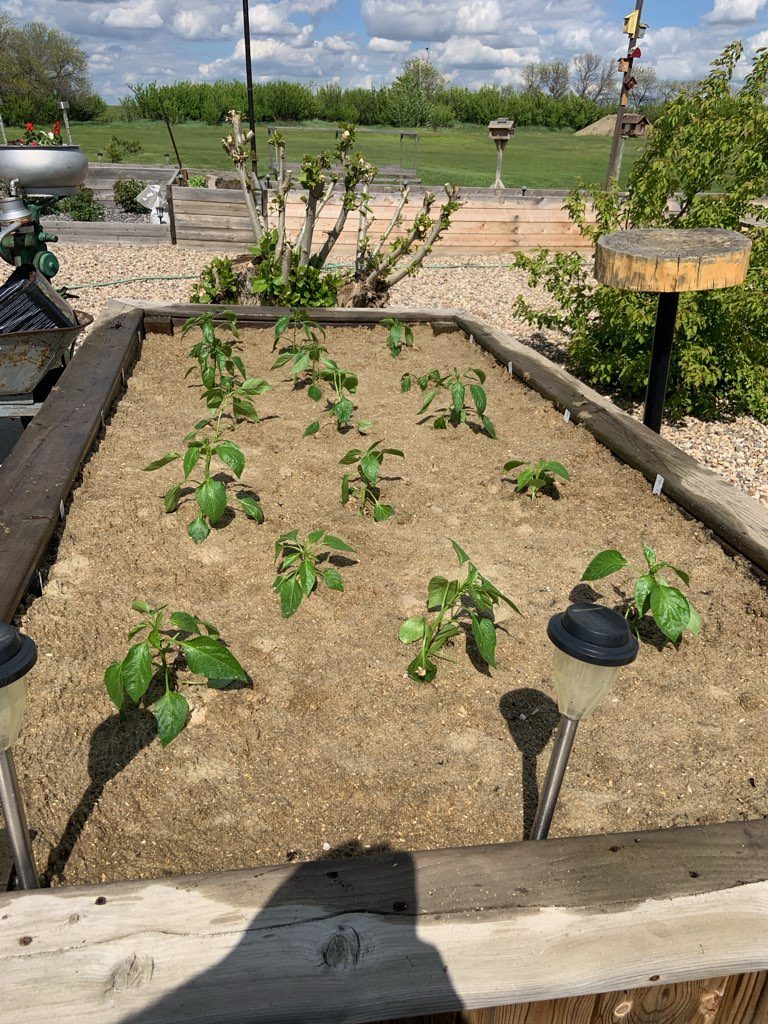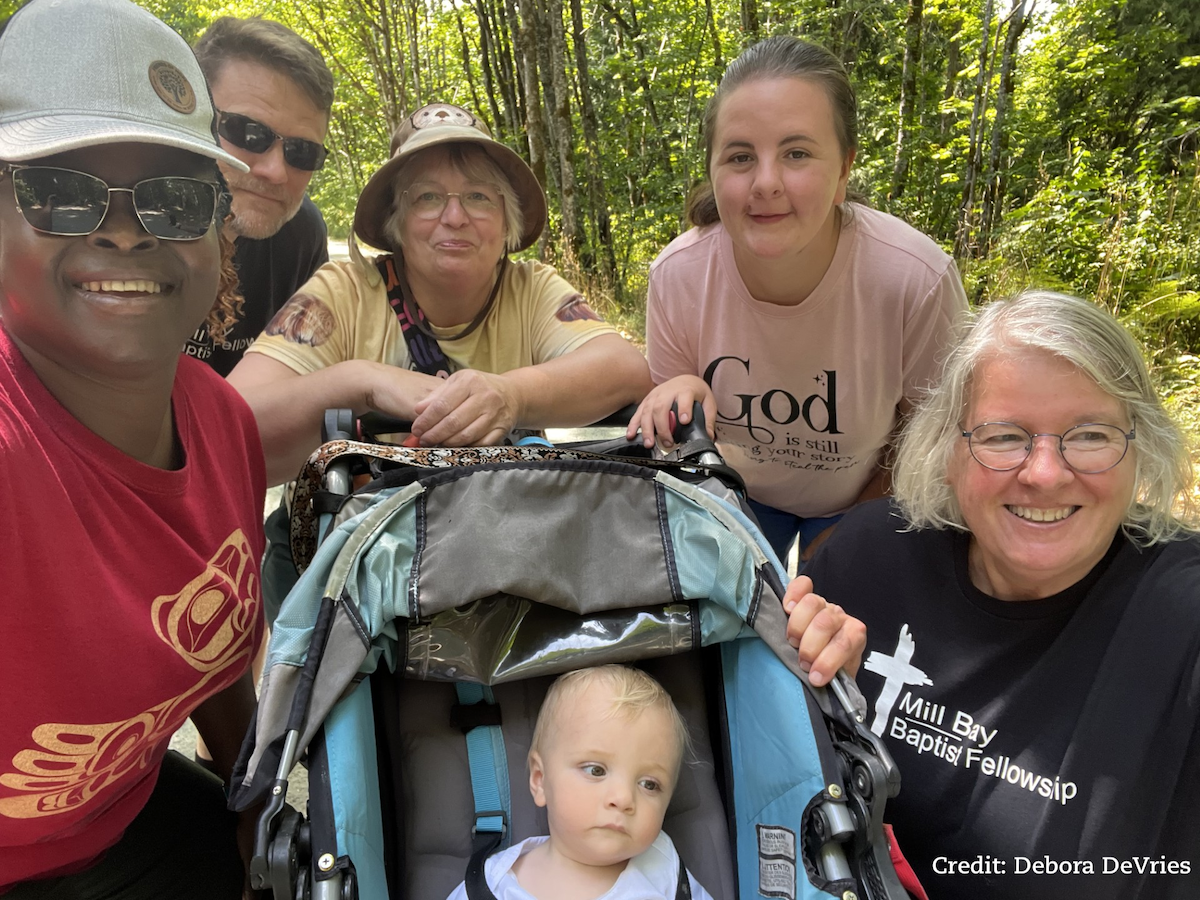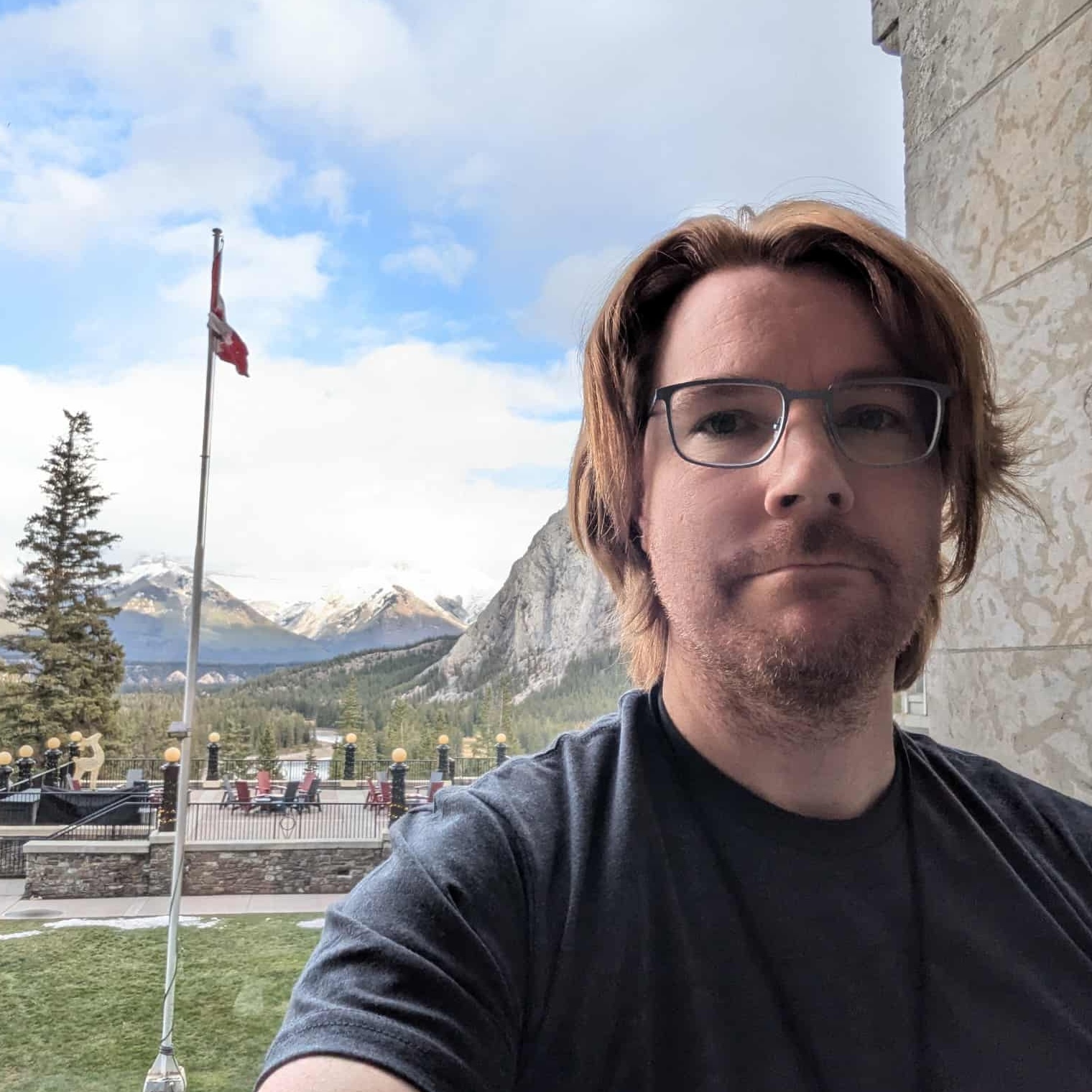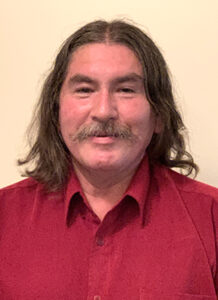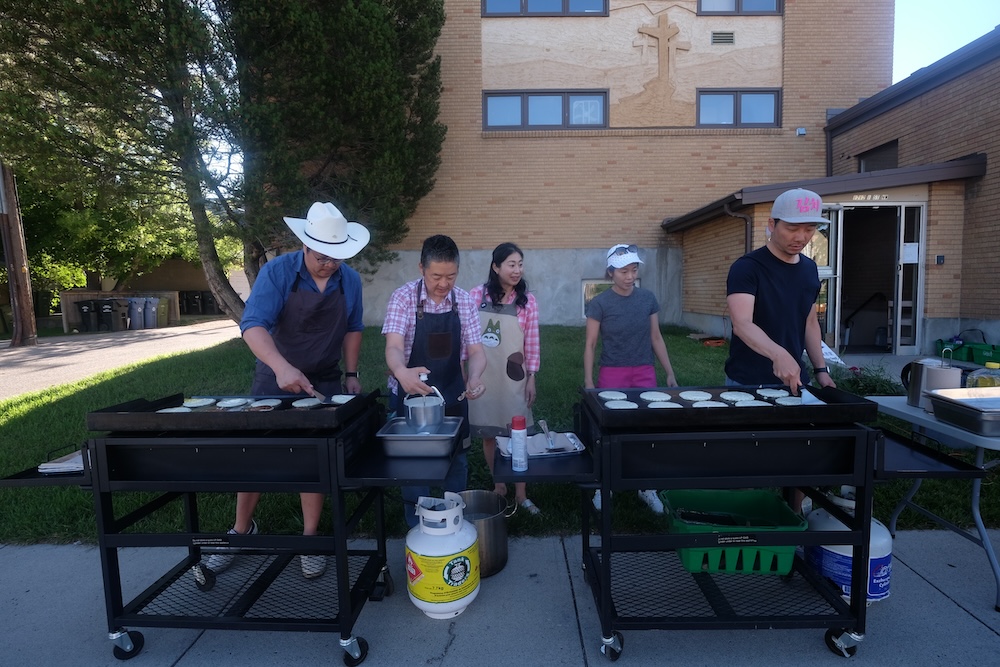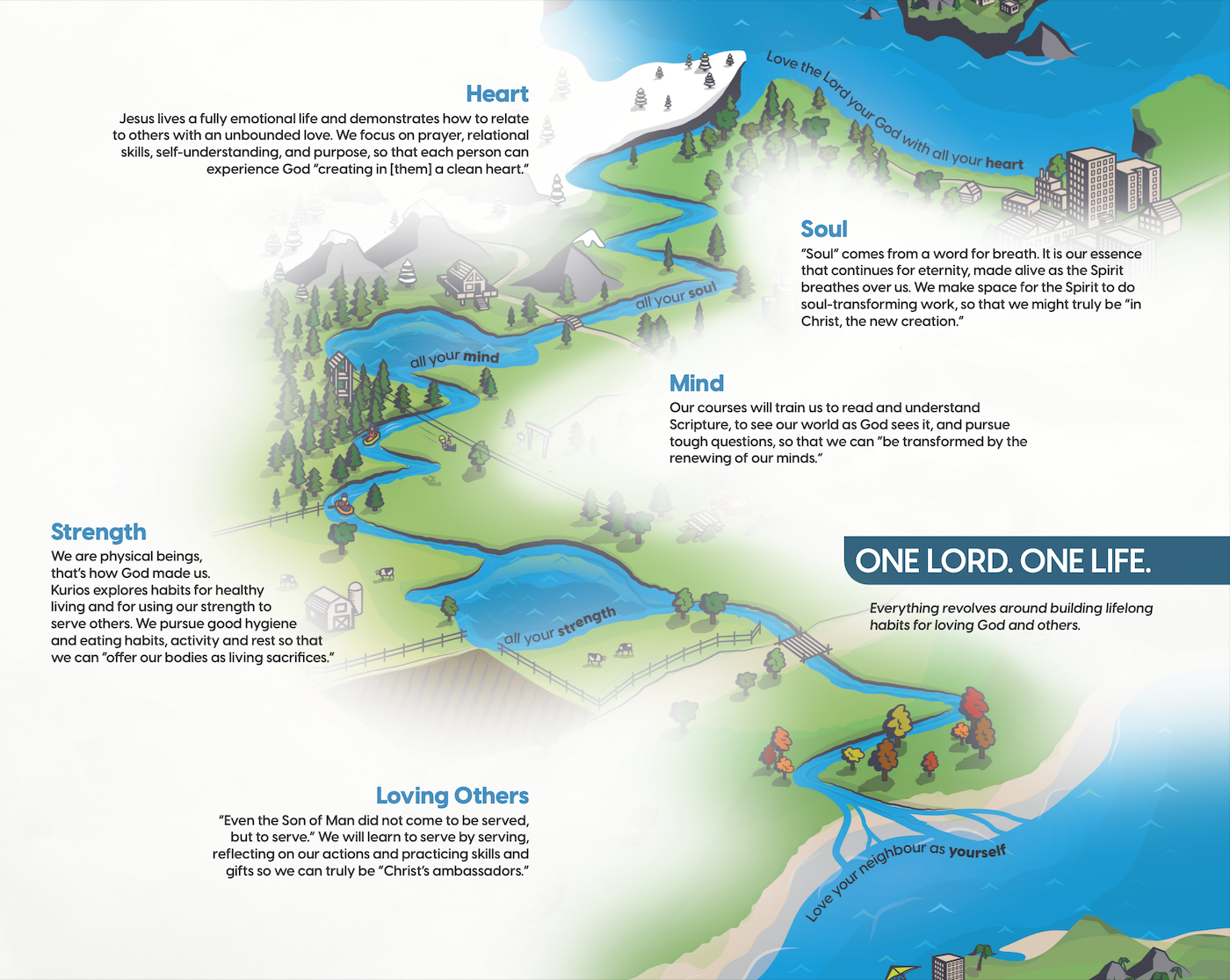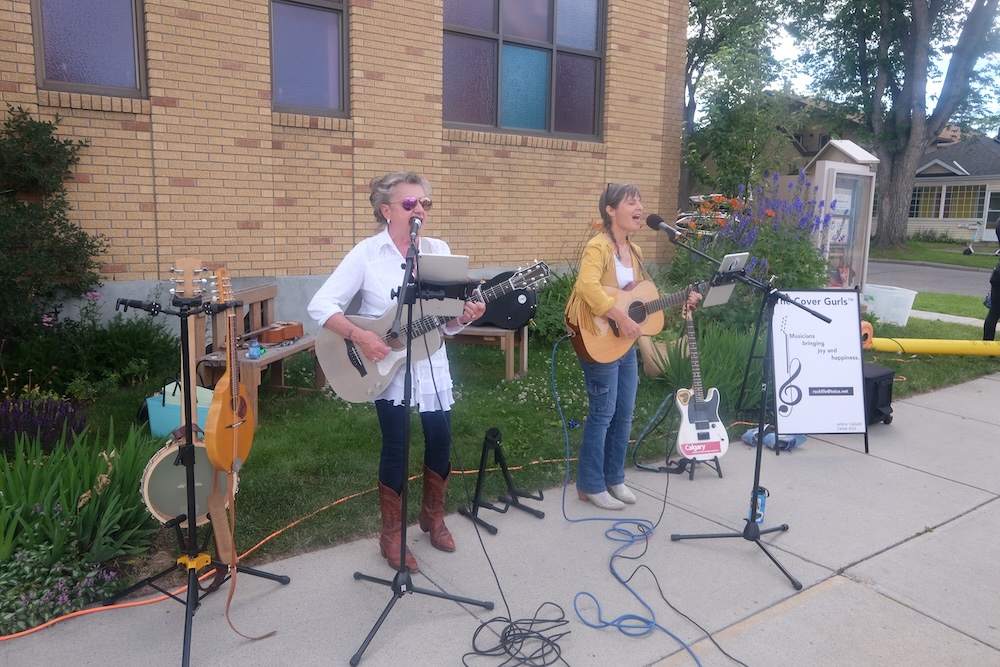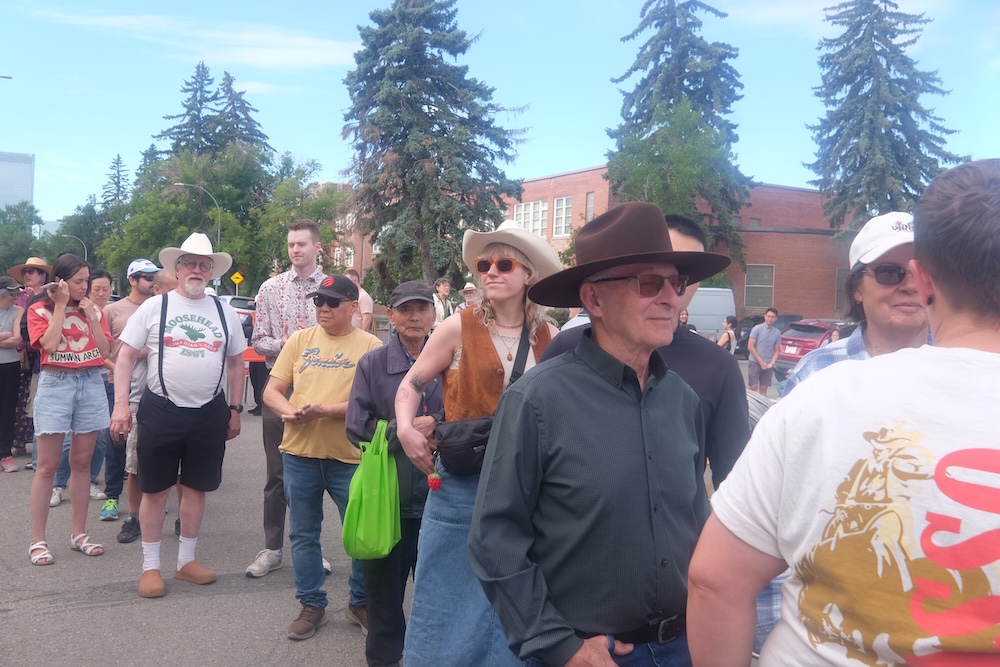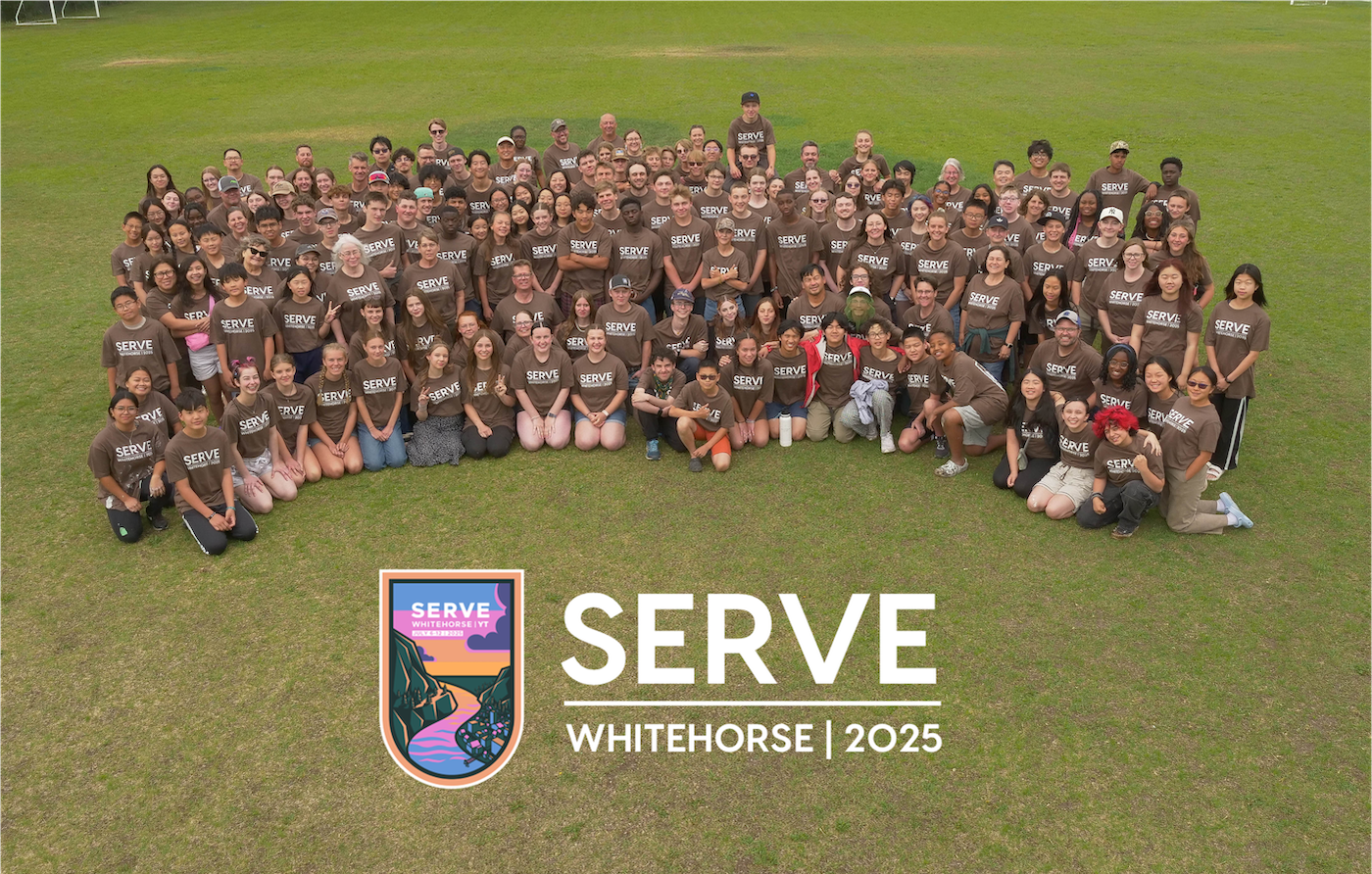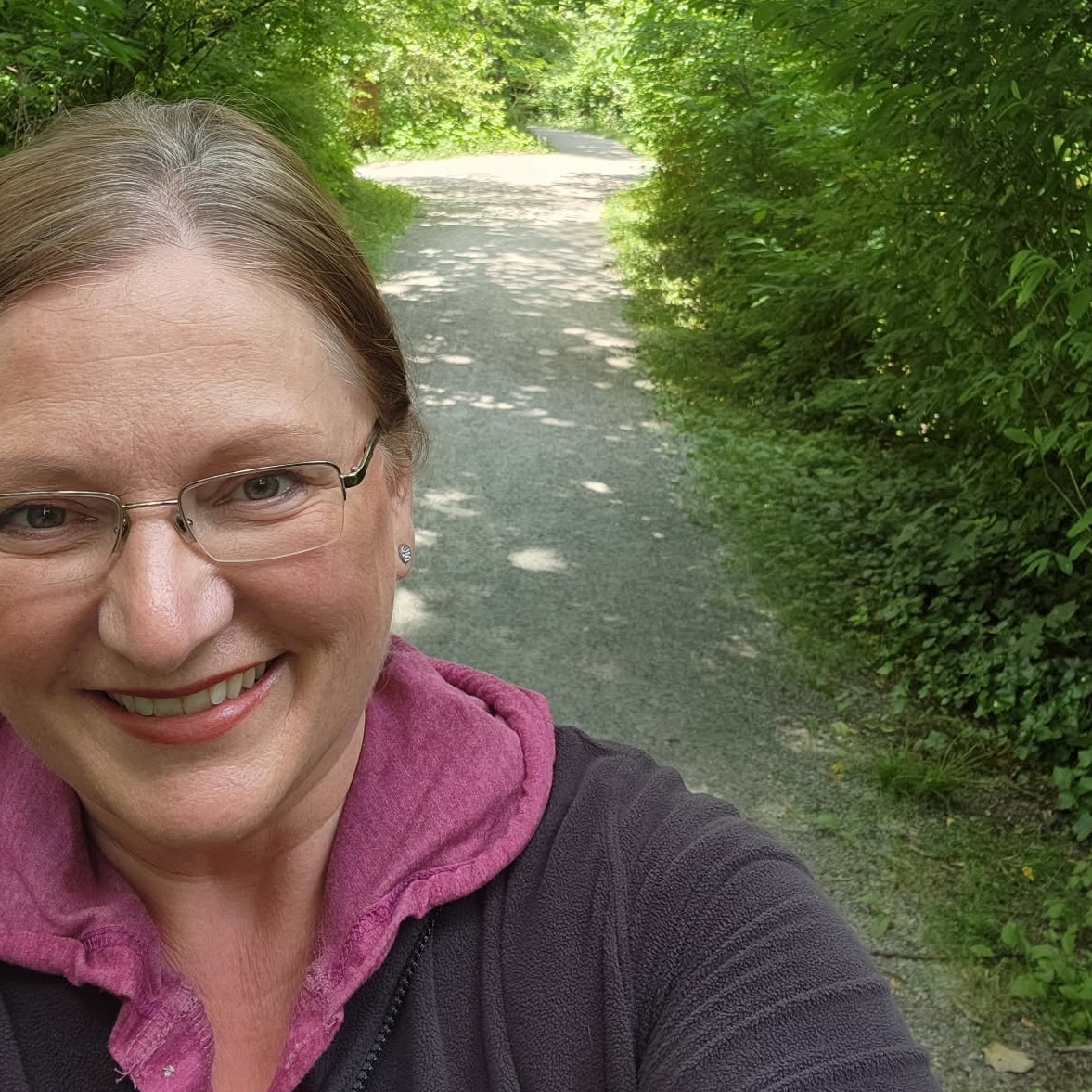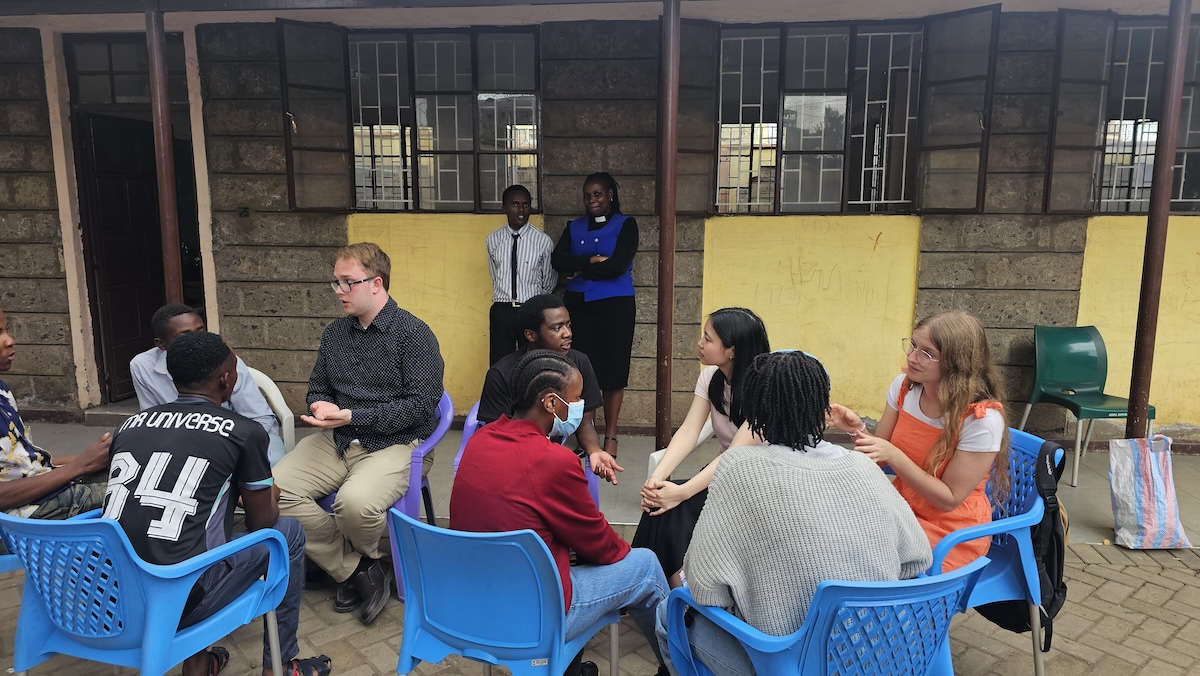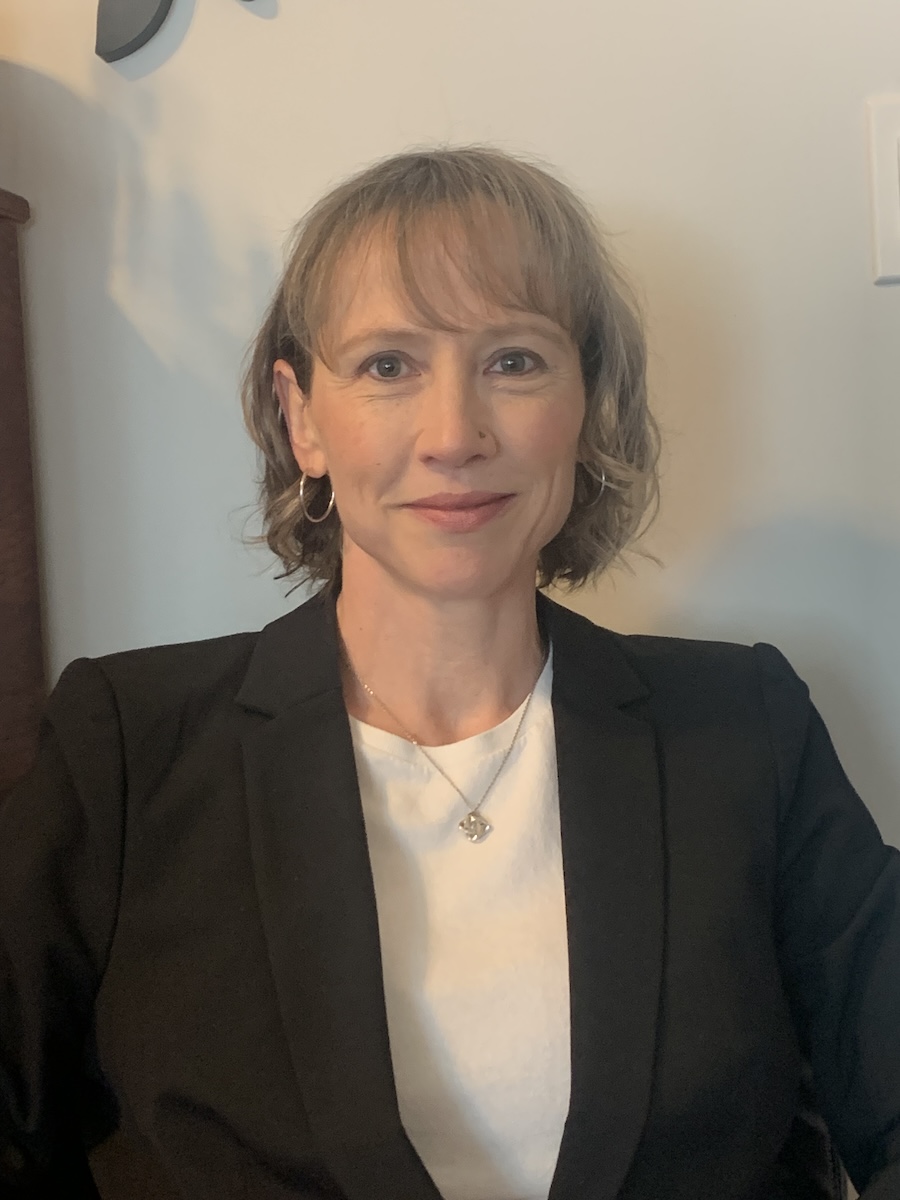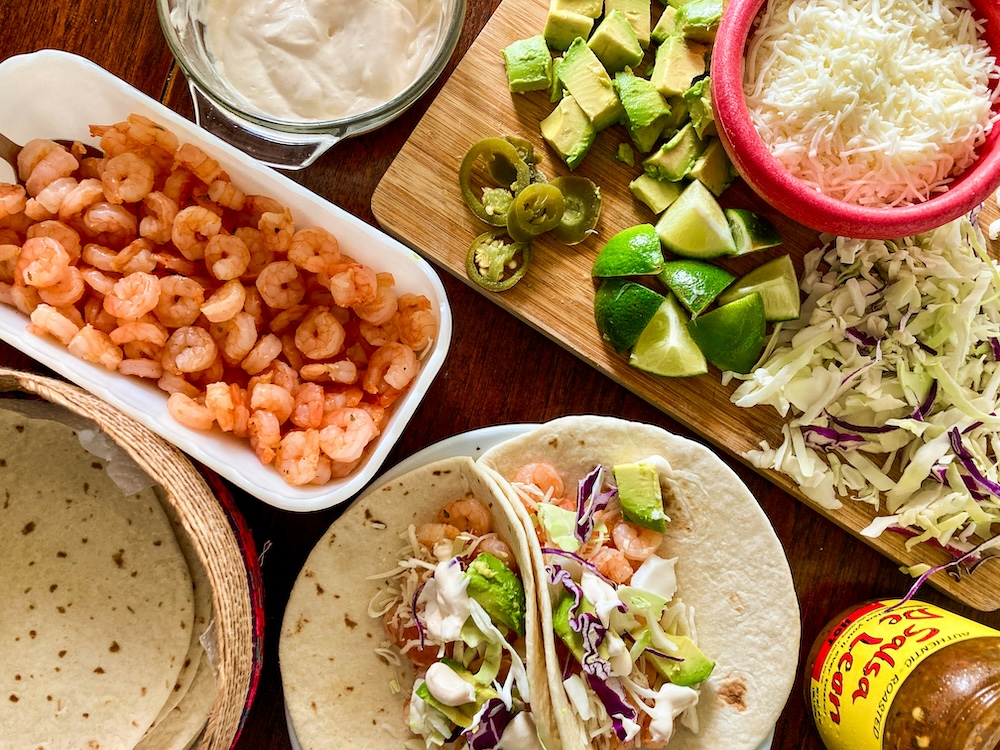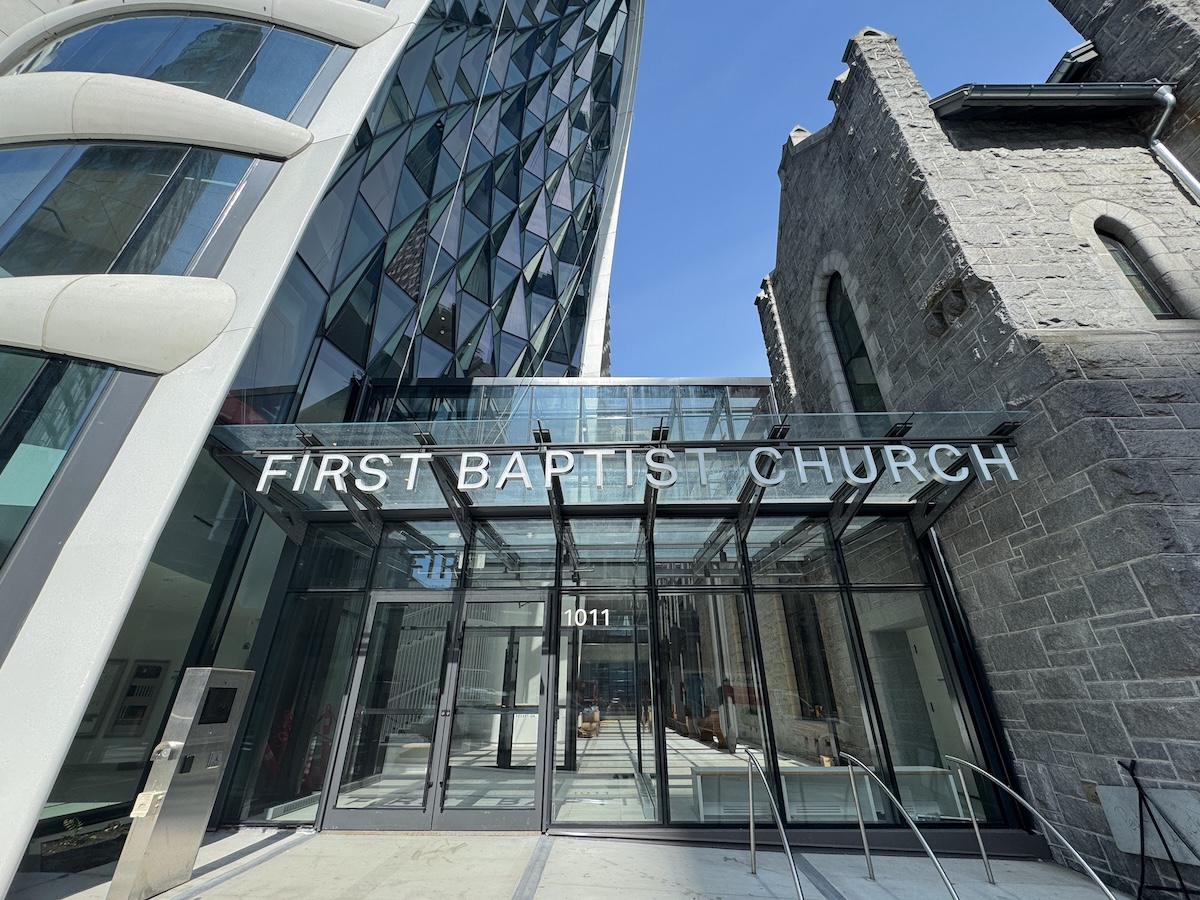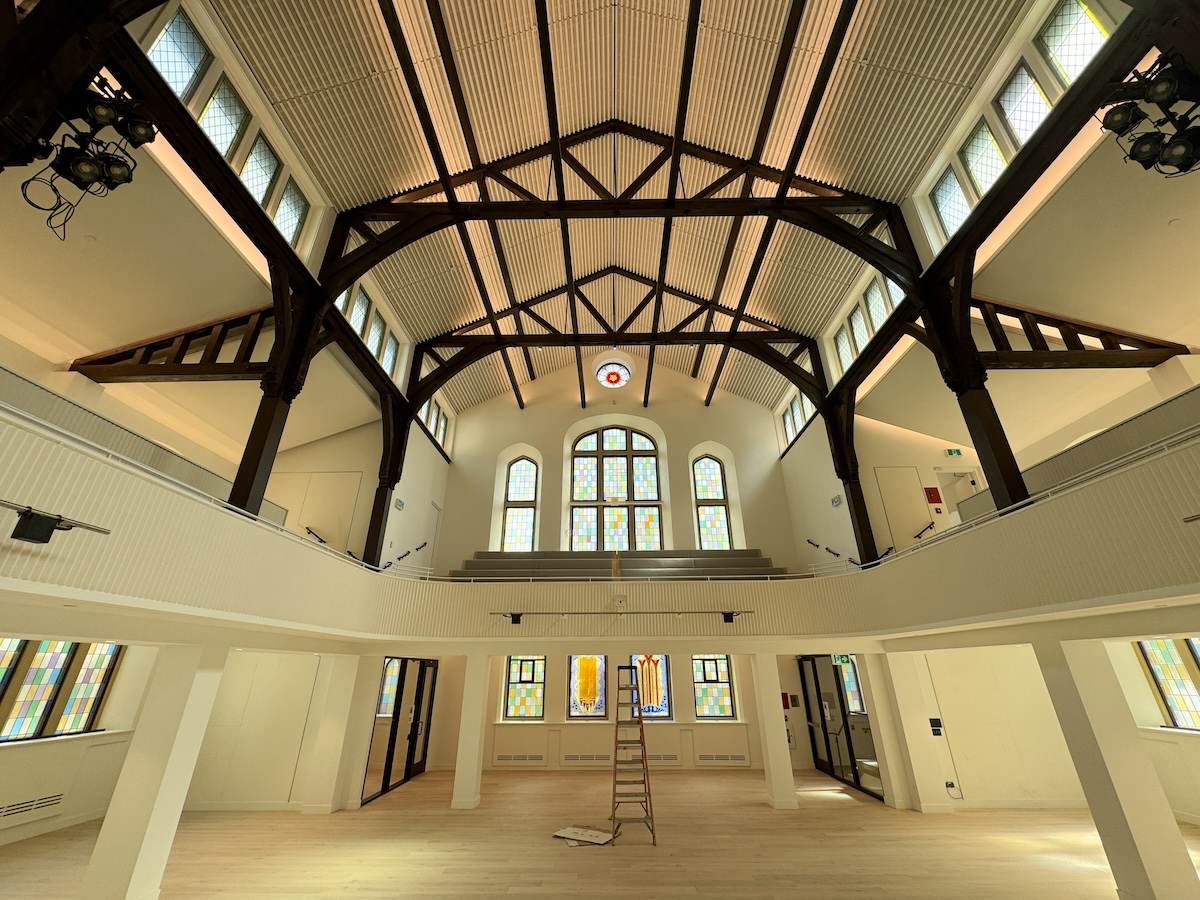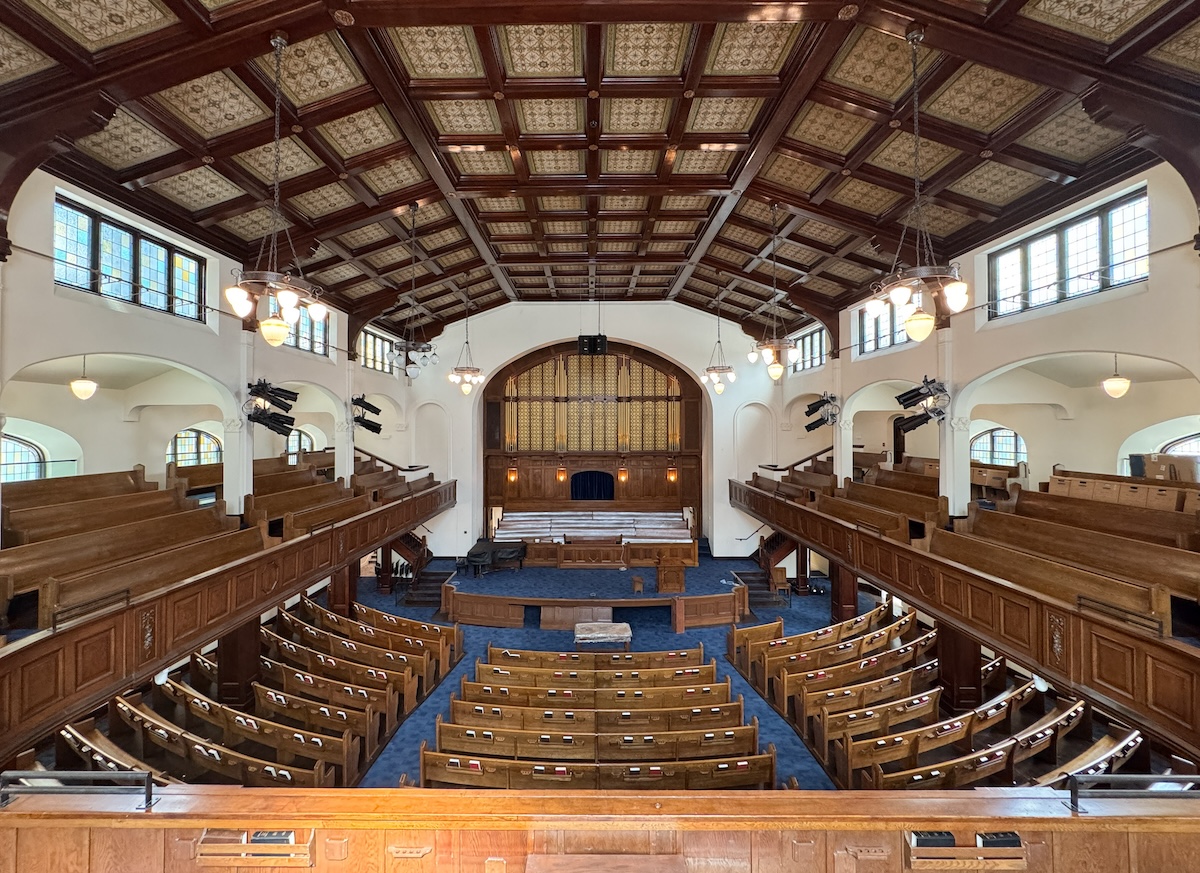CBWC Camps Have Plenty to Offer

Summer is coming before we know it. Do you have your schedule sorted? We hope you’ll consider the unique and exciting opportunities for refreshment, fun, and connection at CBWC’s camps.
Along with the summer programming listed below, many of our camps also offer Leader in Training (LIT) Programs, winter programs, retreats, and volunteer opportunities throughout the year, so check out the location nearest you to find out for yourself what makes camp so special
GULL LAKE CENTRE
- Overnight Summer Camps for campers ages 5-18
- All-ages Family Camp
Camps at Gull Lake Centre feature unique opportunities to get creative through ceramics, robotics, baking, drama and dance. Or, head to the lake to enjoy wakesurfing, tubing, and waterskiing! Gull Lake Centre, centrally located between Edmonton and Calgary, intentionally creates a safe and welcoming space physically, spiritually and emotionally. Sign up today at gulllakecentre.ca.
KATEPWA LAKE CAMP
- Overnight Summer Camps for campers ages 6-15
- All-ages Family Camp
Along with skills like outdoor survival, mountain biking, and marksmanship, Katepwa Lake Camp in southern Saskatchewan offers a host of watersport opportunities—including a chance for campers to take a full level of swimming lessons through the Lifesaving Society’s Swim for Life program! Registration just opened on January 30: katepwalakecamp.com
KEATS CAMPS
- Overnight Summer Camps for campers born 2009-2018
Located on Keats Island off the Pacific coast, Keats Camps offers a nautical-themed week of wakeboarding, swimming, and sailing. If you prefer dry-land adventure, they’ve got high ropes, ziplines, and climbing, or laser tag, archery, arts and crafts, and disc golf. Head to keatscamps.com to see if there are spots left to join the fun as they celebrate being part of God’s life-changing ministry since 1926!
MILL CREEK CAMP
- Summer Camps for campers in grades 1-12
- All-ages Family Camp
- Cornerstone: a camp for adults with developmental disabilities
Nestled in the southwestern corner of Alberta, Mill Creek Camp is the ideal place to enjoy the water and forest, play, reflect, make new friends, and encounter God’s presence. And don’t forget the paintball! Registration details at millcreekcamp.org.
THE QUEST AT CHRISTOPHER LAKE
- Overnight Camps for ages 8-15
- Day Camp for ages 6-9
- Two all-ages Family Camps
- A new offering: June HBE Camp for families who are home-educating their children
Since 1945, Christopher Lake in northern Saskatchewan has been a place for Baptists and beyond to meet God and one another in nature. From the one-of-a kind hill waterslide and outdoor wall climbing, to the host of fun activities available on the Lake itself, you’re in for an unforgettable week at The Quest. Registration opens today, February 2, at questcl.ca
CAMP WAPITI
- Offering Overnight Camps for Campers in grades 3-12
- Day Camp for grades 1-3
From the craft shack to the sand swing, Camp Wapiti offers a laid-back, natural environment for kids to explore the outdoors and learn about God. Enjoy archery, paintball, sports and nature walks in beautiful northern Alberta! Register at campwapiti.ca
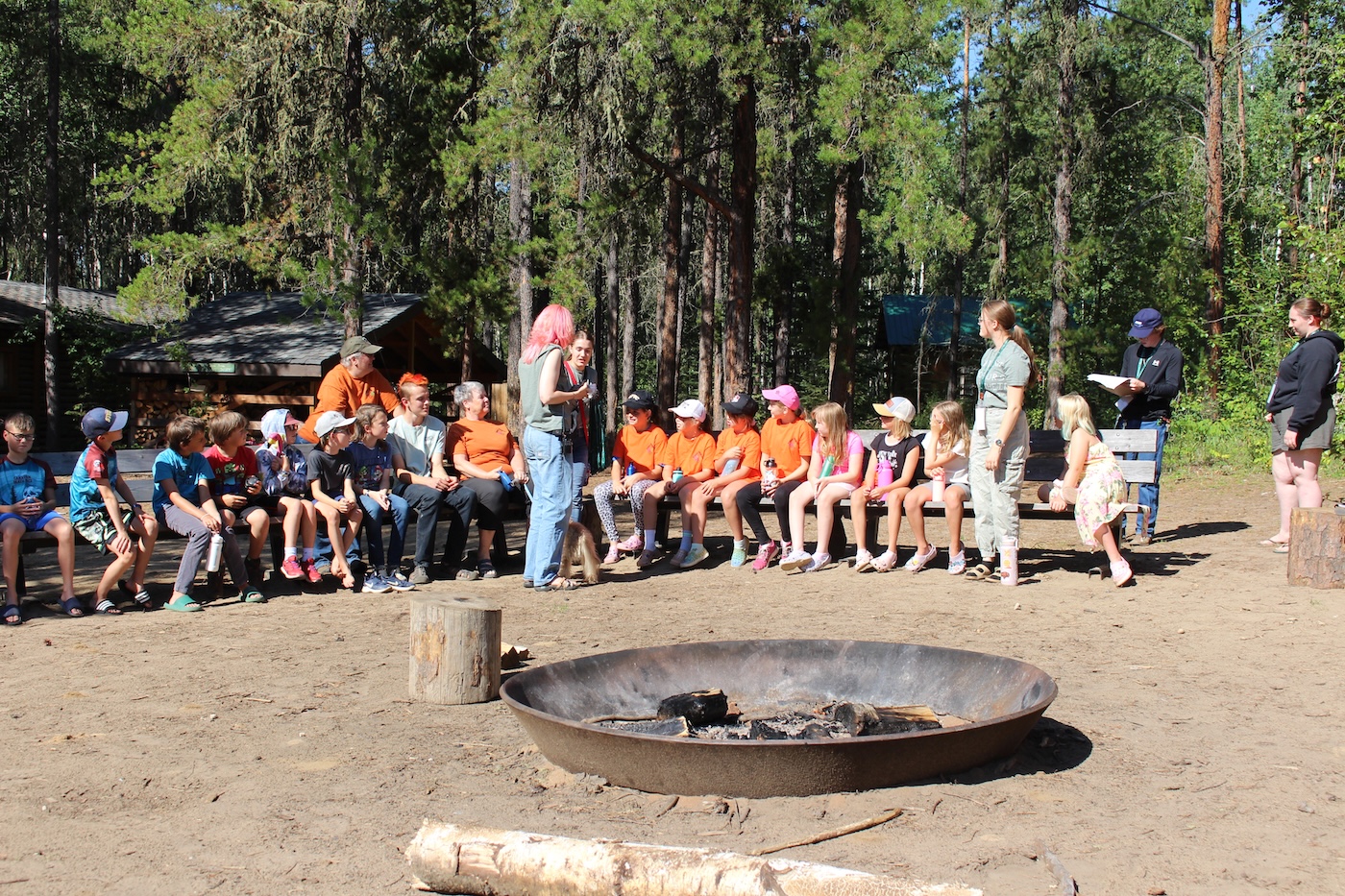
Upon This Rock: Church Planting Updates
By Shannon Youell, CBWC Director of Church Planting
“Upon this rock I will build my church…” Matthew 16:18
For twelve years, I’ve had the privilege of coming alongside CBWC leaders and churches who have discerned a call to join Jesus in a neighbourhood to plant a new church, renew an existing church, engage more in their neighbours’ lives, strengthen and prioritize discipleship and disciple-making, and to watch and see the cornucopia of ways Jesus builds His Church.
In that vein, there are several folks that CBWC staff are currently walking with as they explore joining Jesus in the building of His Church through planting new communities of faith from within their own existing churches! Praise be to God—the initiator, builder, and completer of all things!
- West Kelowna: A community with a heart for those outside the church is establishing what is often referred to as a micro-church. The pastor and leaders have been inspired by the Dinner Church Movement, and they have just acquired a more permanent location at a Bible Camp. Initially in partnership with a Lower Mainland CBWC church, this plant is working towards formalizing relationships in their community and with CBWC to become an official CBWC church plant.
- Vancouver 1: A leader from a growing church in Vancouver has been running a “chat group” of over 120 people (about half are unchurched). She is discerning next steps in beginning a church-planting project. The church is working on a ministry plan for this plant, with a potential service launch sometime this year.
- Vancouver 2: Another church in Vancouver is looking to multiply into a new neighbourhood. Currently, the planting group has overgrown their meeting space in a home and are praying and discerning to more formally plant in a geographical location outside of where the existing church worships.
- Red Deer: The new Greenhills Christian Fellowship church plant in Red Deer, a plant out of GCF Calgary, continues to make disciples and grow leaders, hold regular worship services and formally enter into Partnership toward Affiliation with CBWC. You can learn more about them here.
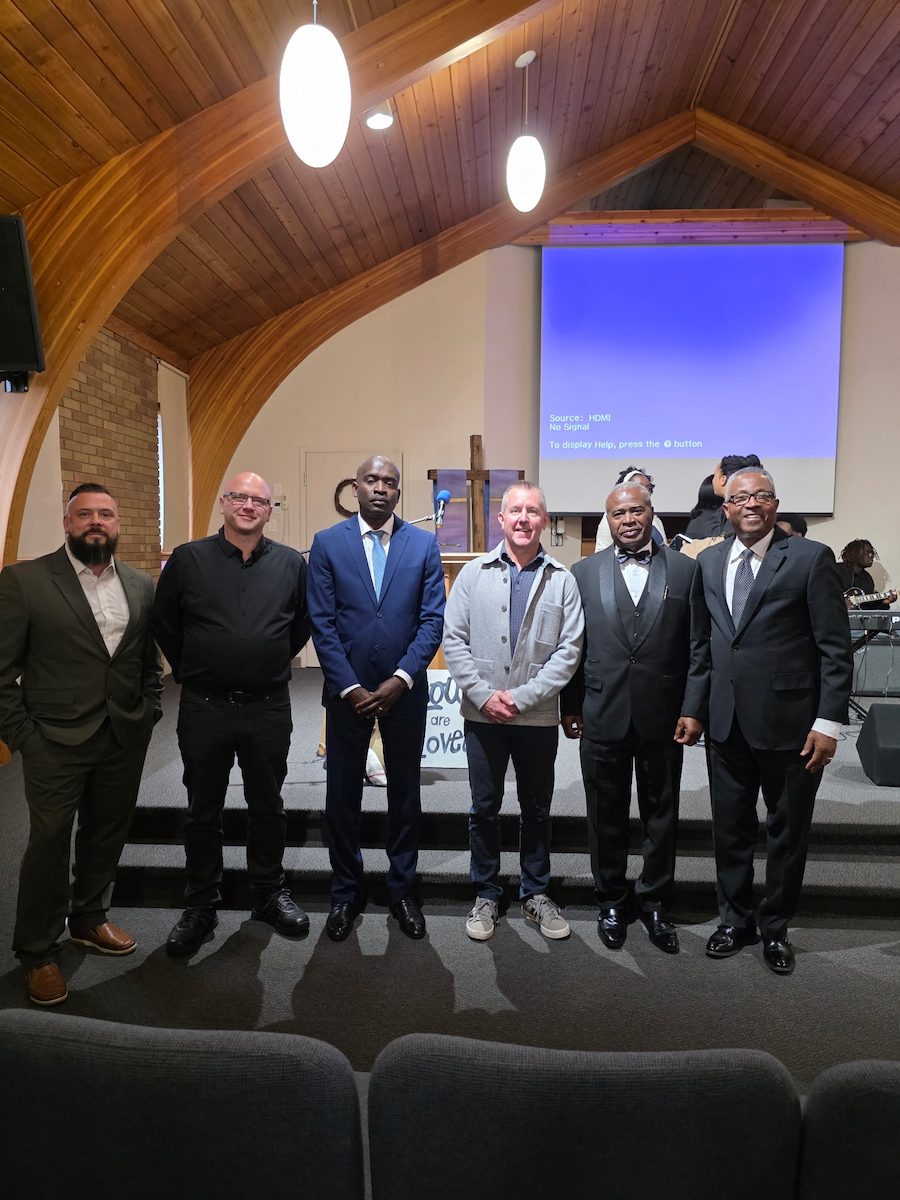
Left to right: Maxime Cauchon, FBU; Mikel Laurie, Highland Baptist; Quesnel Joseph, EEBMC; Tim Kerber, CBWC; Roger Maurice, EEBMC; Franky Narcisse, EEBMC
- Edmonton: On October 25, Edmonton Evangelical Baptist Mission Church launched. This Haitian congregation is led by experienced planter Franky Narcisse, who has previously planted with the French Baptist Union and CBOQ. This plant is being hosted, supported, and encouraged by the good folk at Highlands Baptist Church.
- Victoria/Westshore 1: The Mandarin Church that is part of Emmanuel Baptist Church has discerned that a Mandarin-speaking church is needed in the Westshore Area as Mandarin-speaking people are increasingly moving into the area. They currently meet weekly for worship and Bible study.
- Victoria/Westshore 2: The former Forge Church building, which was transferred to Gateway Victoria last summer, is the potential future home of a Gateway Victoria Westshore plant. While this plant has not yet worked on a formal ministry plan, the building is well used for other ministry purposes (including the current home of the Mandarin plant out of Emmanuel Baptist). Please pray with Gateway as they pray and discern this new work in the Westshore.
Stay tuned for more stories from these new works. And please pray for these churches that have discerned that the obedience to Jesus is worth the risk! Consider partnering with them for encouragement, prayer, and resources. There are many avenues of joining the work of Jesus in building his church.
This is an abridged version of an article posted on CBWC’s Church Planting Blog.
Heart for the City Project Update
By Drew Melton, Lead Pastor, First Baptist Church Vancouver
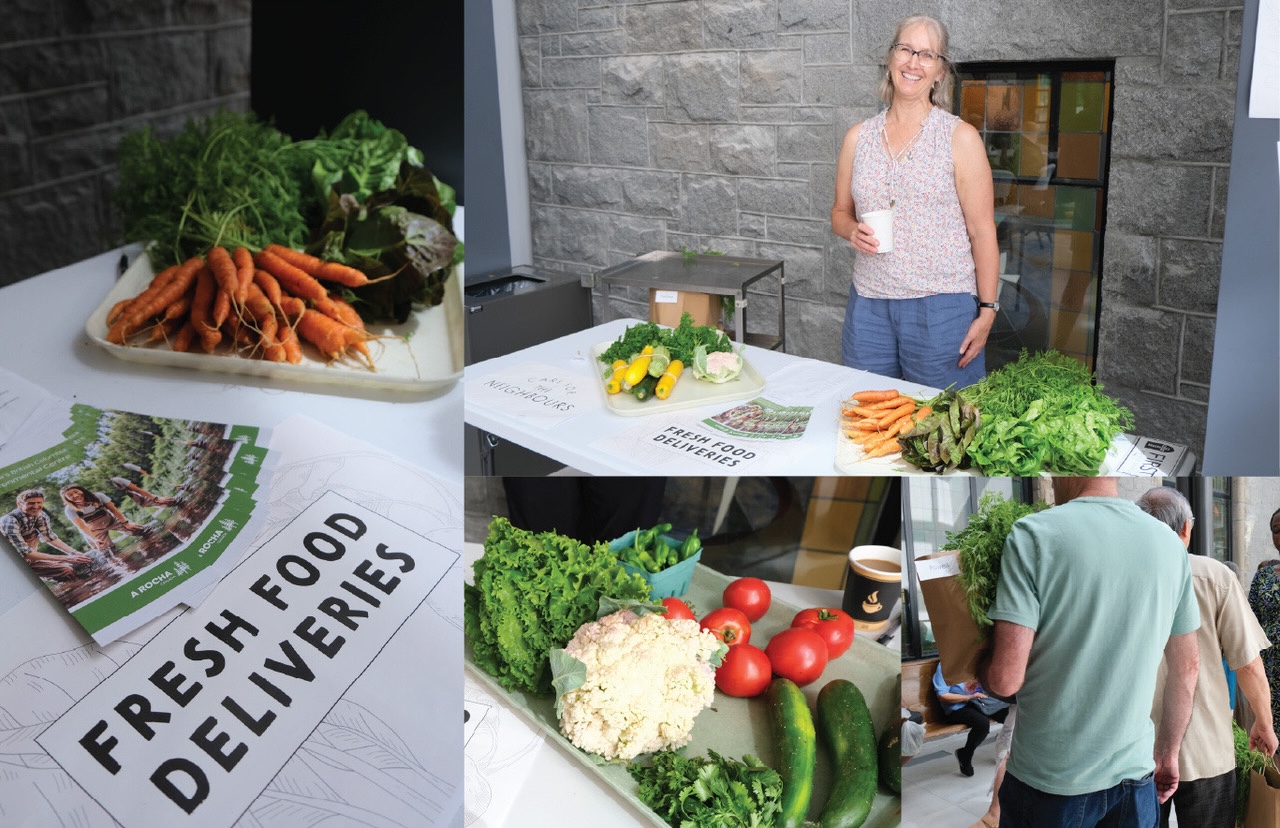
As you might have read a few months ago, we at First Baptist Church Vancouver have been in a time of transition and resettlement after being displaced from our building for over five years. The Heart for the City Project that included seismic upgrading of FBC’s historic building, newly-built church ministry space below The Butterfly condo building, and a 61-unit affordable housing building, has gradually neared completion through the end of 2025. The process of resettlement for us as a congregation has been equal parts exciting, slower than hoped, and educational.
There are many exciting opportunities to use our building to serve our congregation and our community in downtown Vancouver. Over the past months, these have included basketball camps in our gym, evening concerts in the beautifully renovated Pinder Hall, lunchtime prayer in our chapel during Advent, and lots of Christmas events.
The resettlement has also been slower than we hoped in terms of completing the final elements of the project that have been ongoing since we moved back to the building in May 2025. This slowness has sometimes hindered our ability to use the building to its full potential. We continue to pray for the successful installation of all the “nuts and bolts.”
During this process we’ve learned a lot. We’ve learned how the humility, hospitality, and resilience that our congregation developed during the displacement was preparation for serving the city from our new building. We’ve also learned to have patience and grace with one another through the frustrations of ongoing building deficiencies.
The 7-storey building of below-market rental housing that was part of the overall Heart for the City Project is one way that we are continuing to serve the city. That building is now 98% full, for which we are very grateful amid a slightly depressed rental market in Vancouver. We’ve also had several opportunities to connect with the residents of that building over the past months. We hosted a grand opening celebration and prayer when the first residents began moving into that building in the spring, and this past fall we launched a new initiative to help address food insecurity. In partnership with the A Rocha Canada farms in Surrey, we hosted a fresh food market where people in our congregation and residents from the rental housing building next door were able to share in receiving fresh vegetables and fruits. This initiative helped foster a communal effort around food insecurity. Our hope is to continue this initiative and expand the ways we connect with our neighbours in 2026.
We very much appreciate the prayers of our CBWC community for the ongoing work here in Vancouver, especially around our downtown neighbourhood. One more thing we’ve learned is that God can do a wonderful work in and among us as we steward the resource of this building; but a building is just a building.
We believe and trust that God is working, and we are striving to be part of that work.
Notice of Voluntary Disaffiliation
The CBWC wishes to express its gratitude to Awaken Church in Calgary, AB, in honour of our shared history and ministry together. The CBWC was notified that the church congregation passed a motion on November 17, 2025, to voluntarily disaffiliate from our association.
We pray God’s blessing upon this congregation as they move forward in embracing a new beginning and alignment elsewhere.
Copyright © 2026 Canadian Baptists of Western Canada, All rights reserved.
Making Connections is the monthly newsletter of the CBWC.

